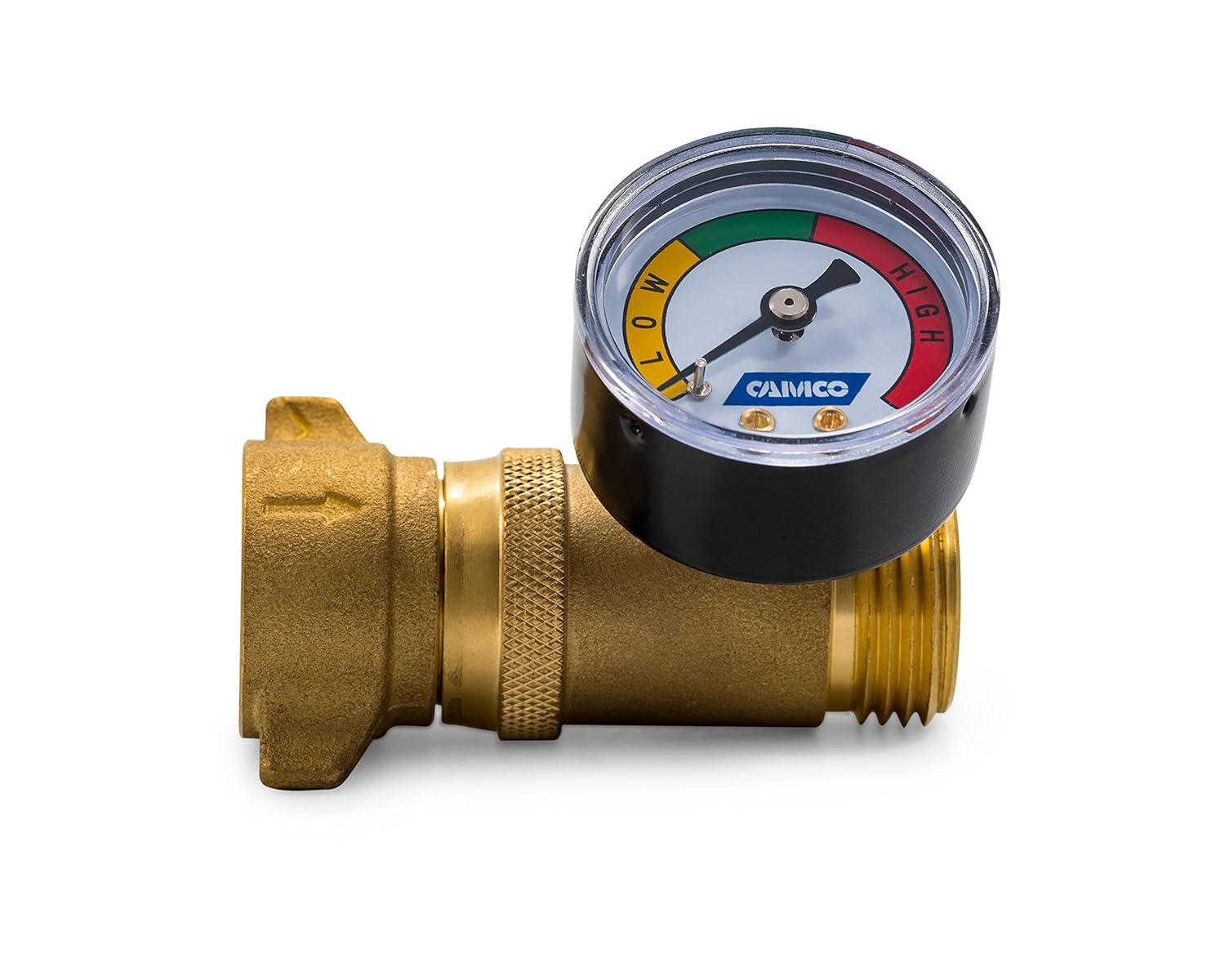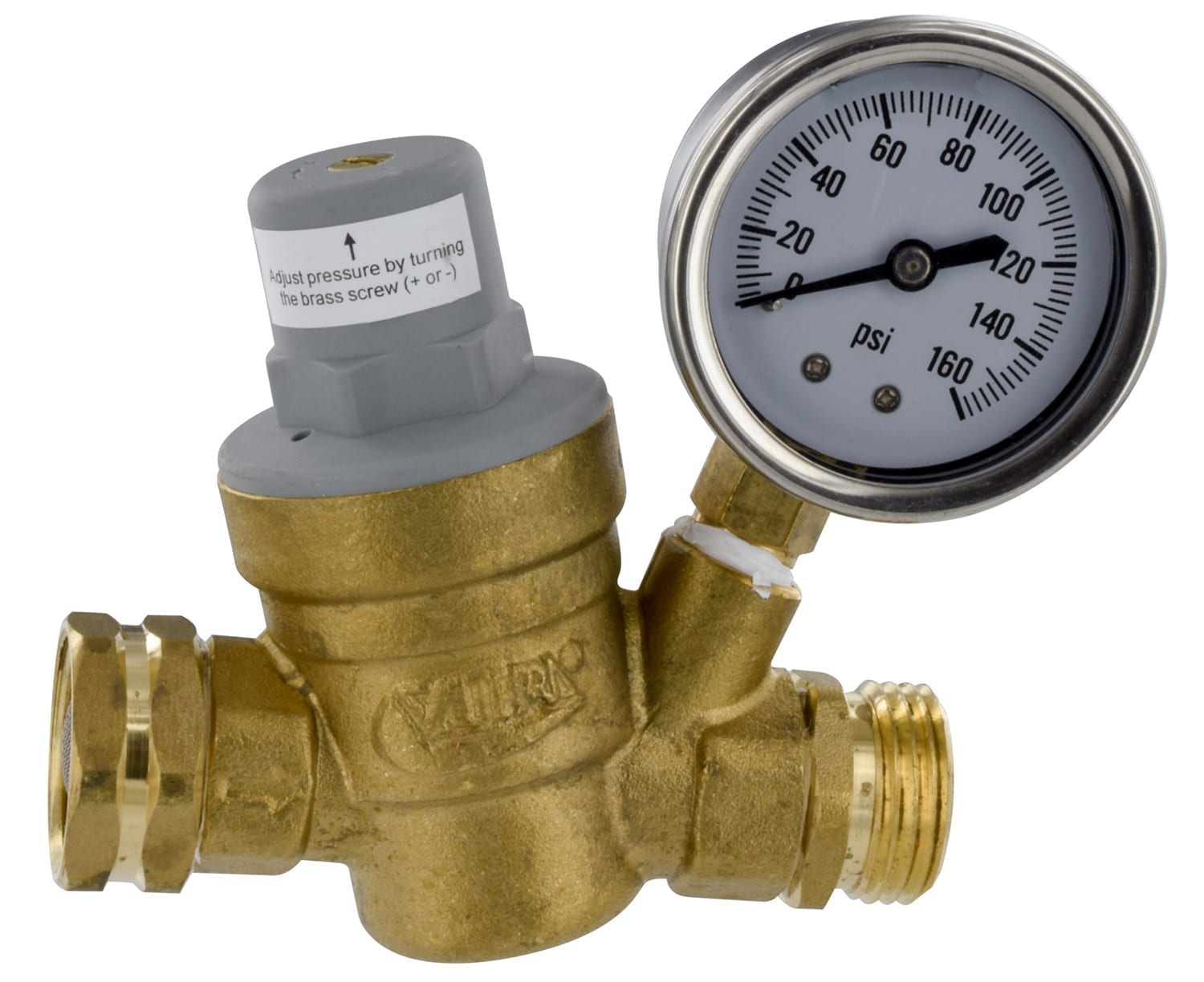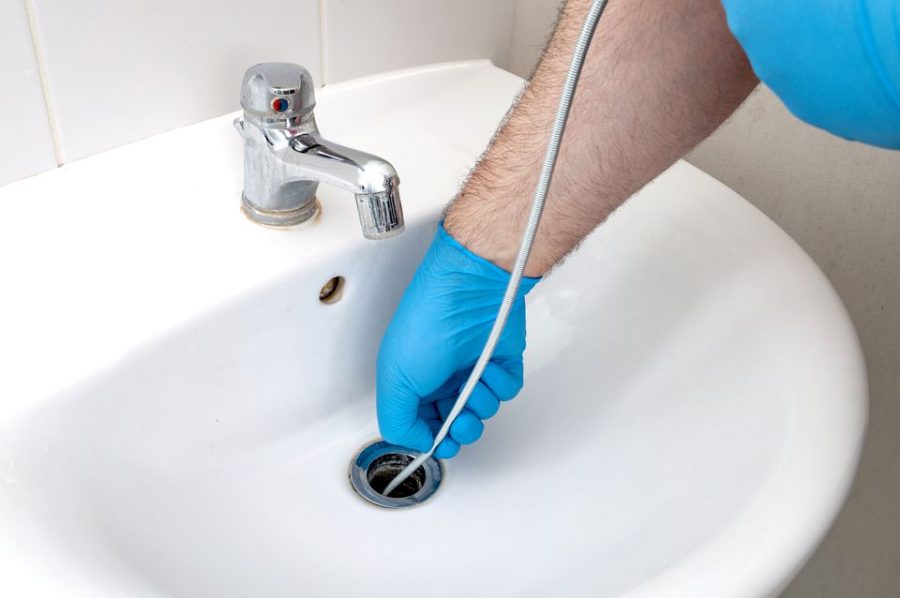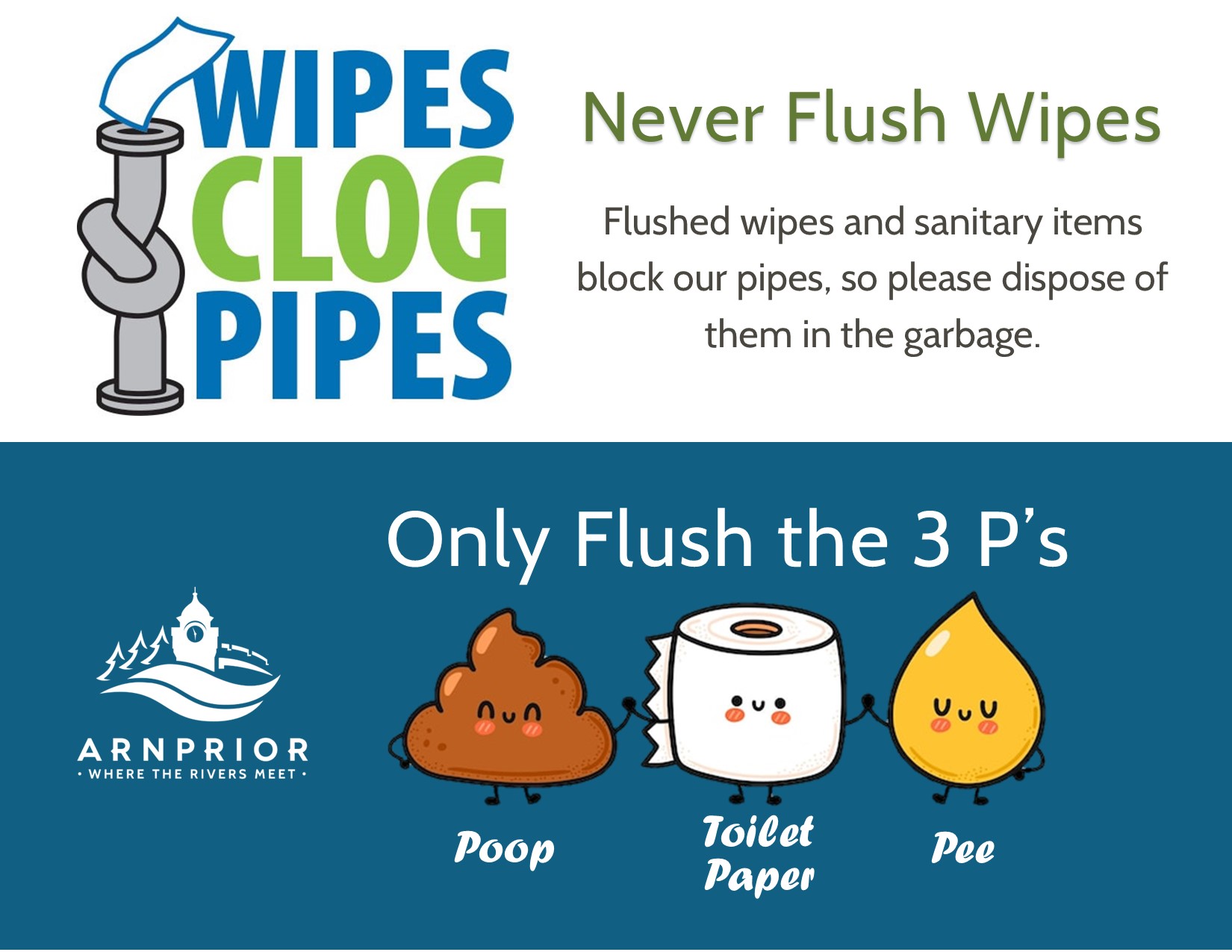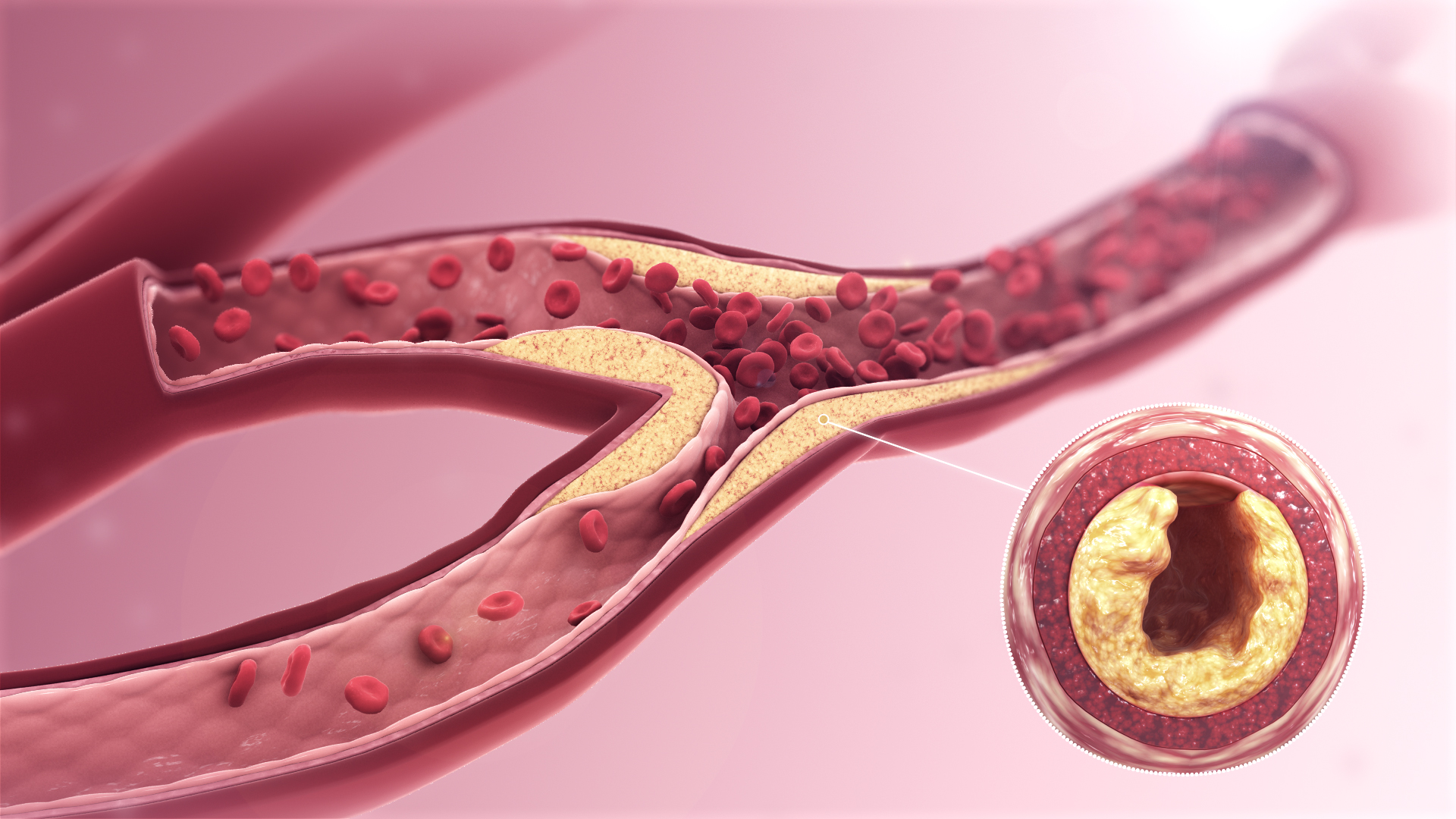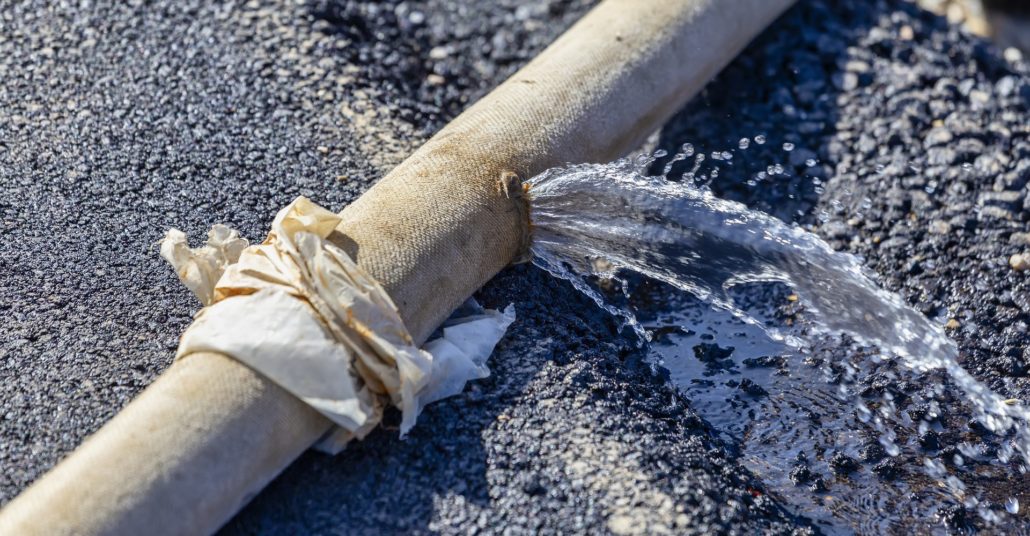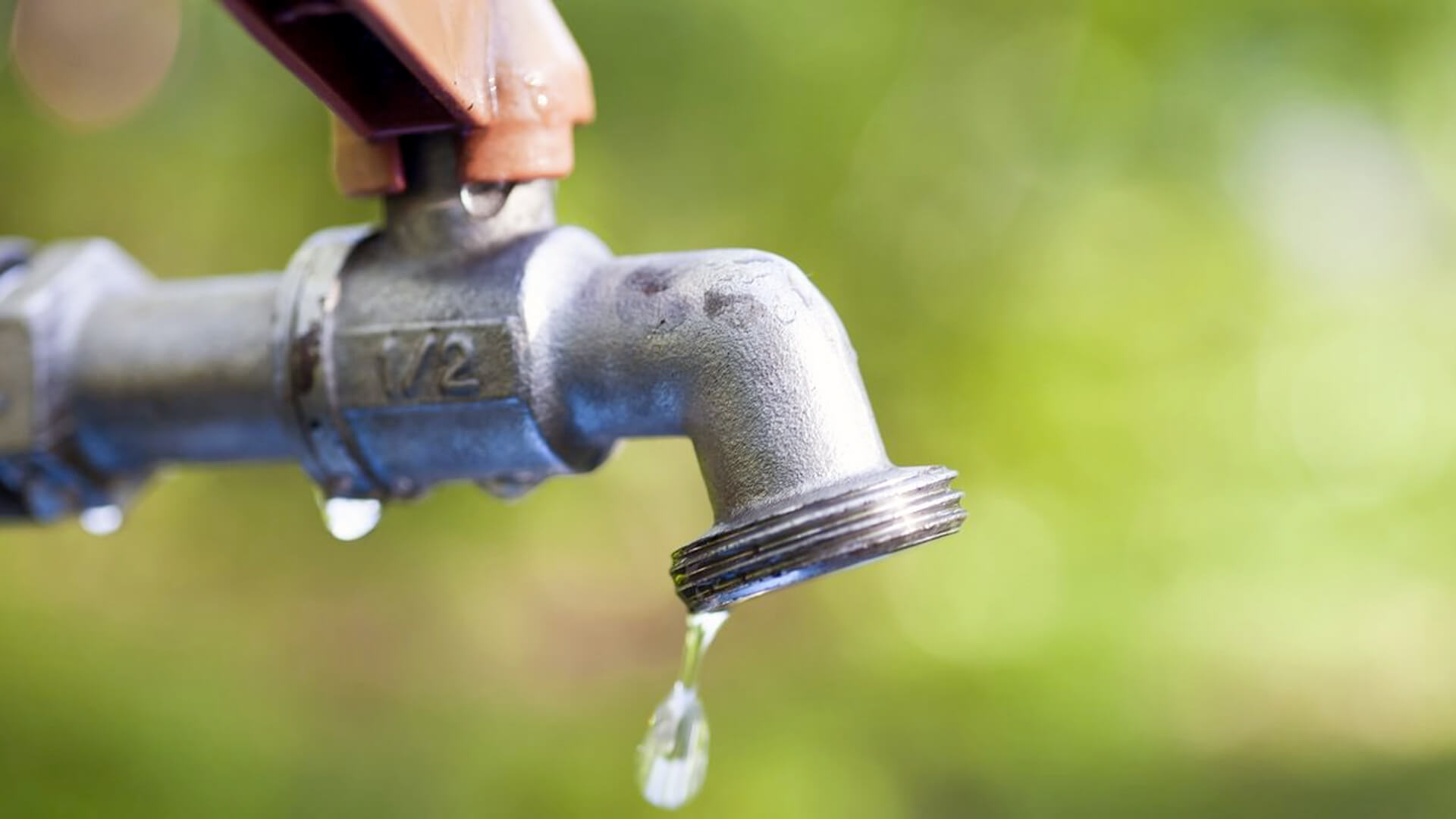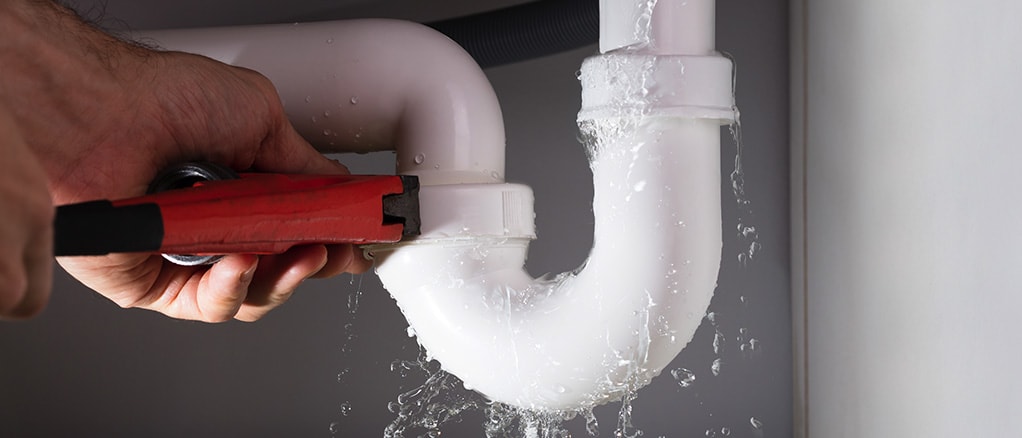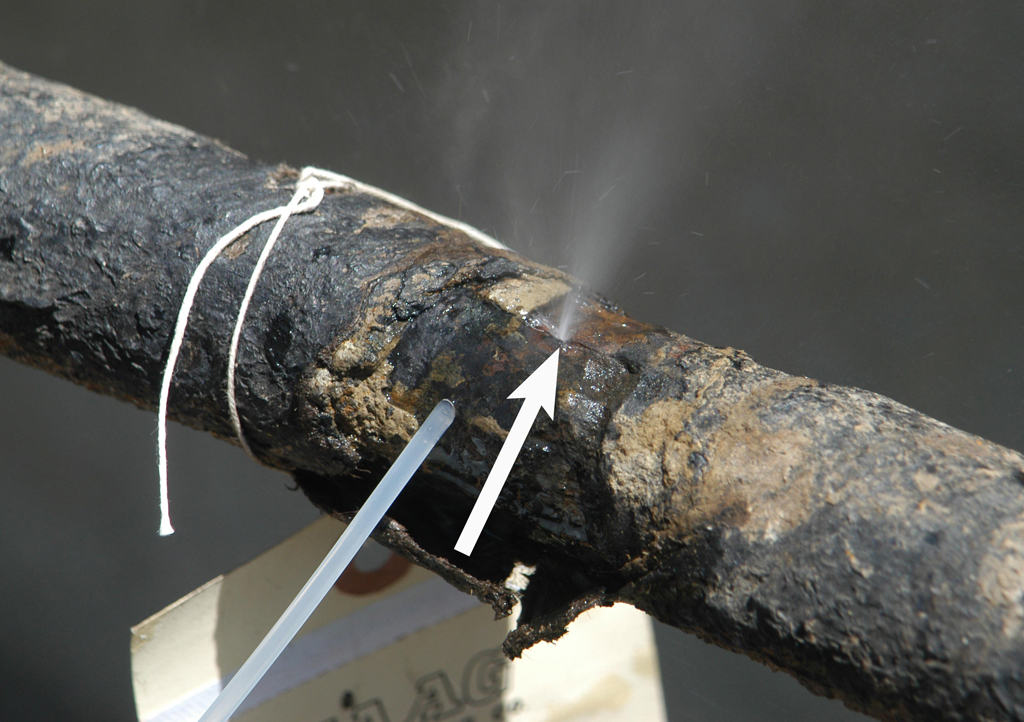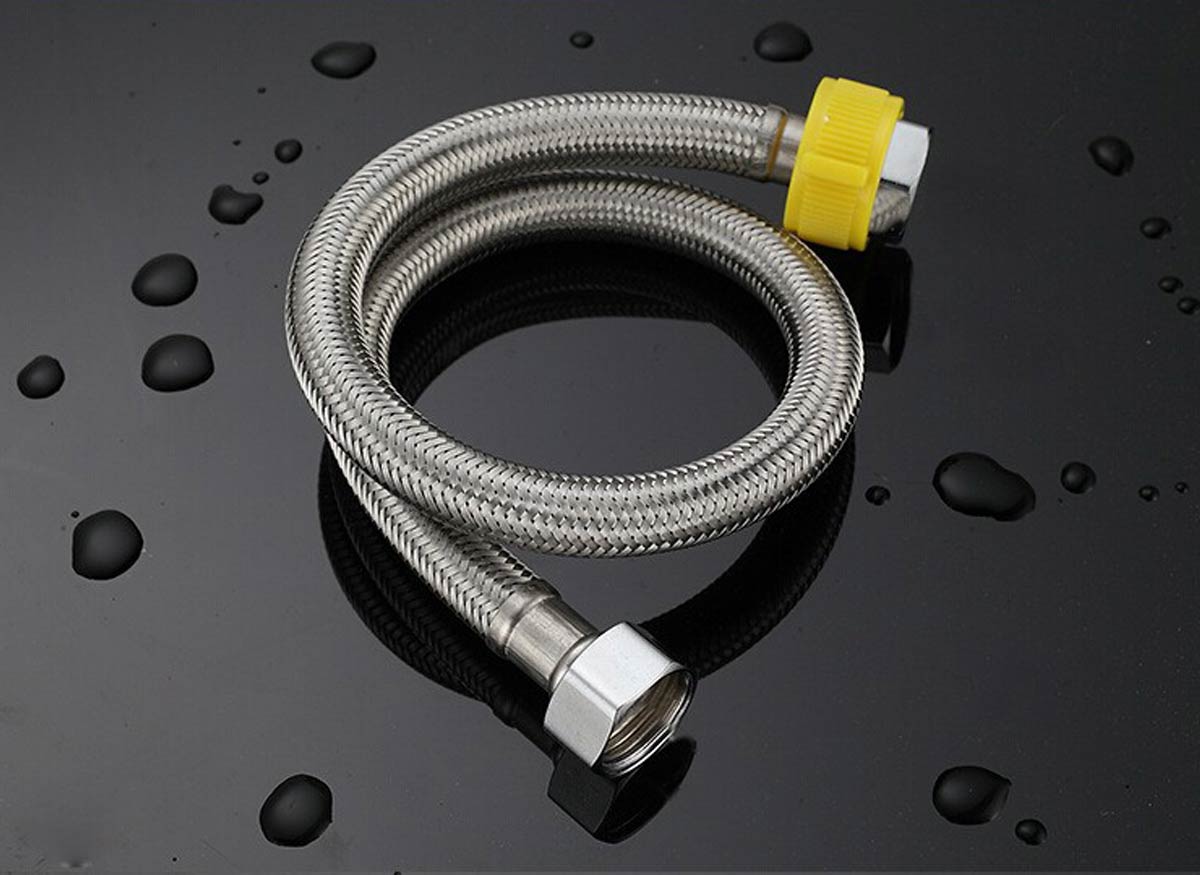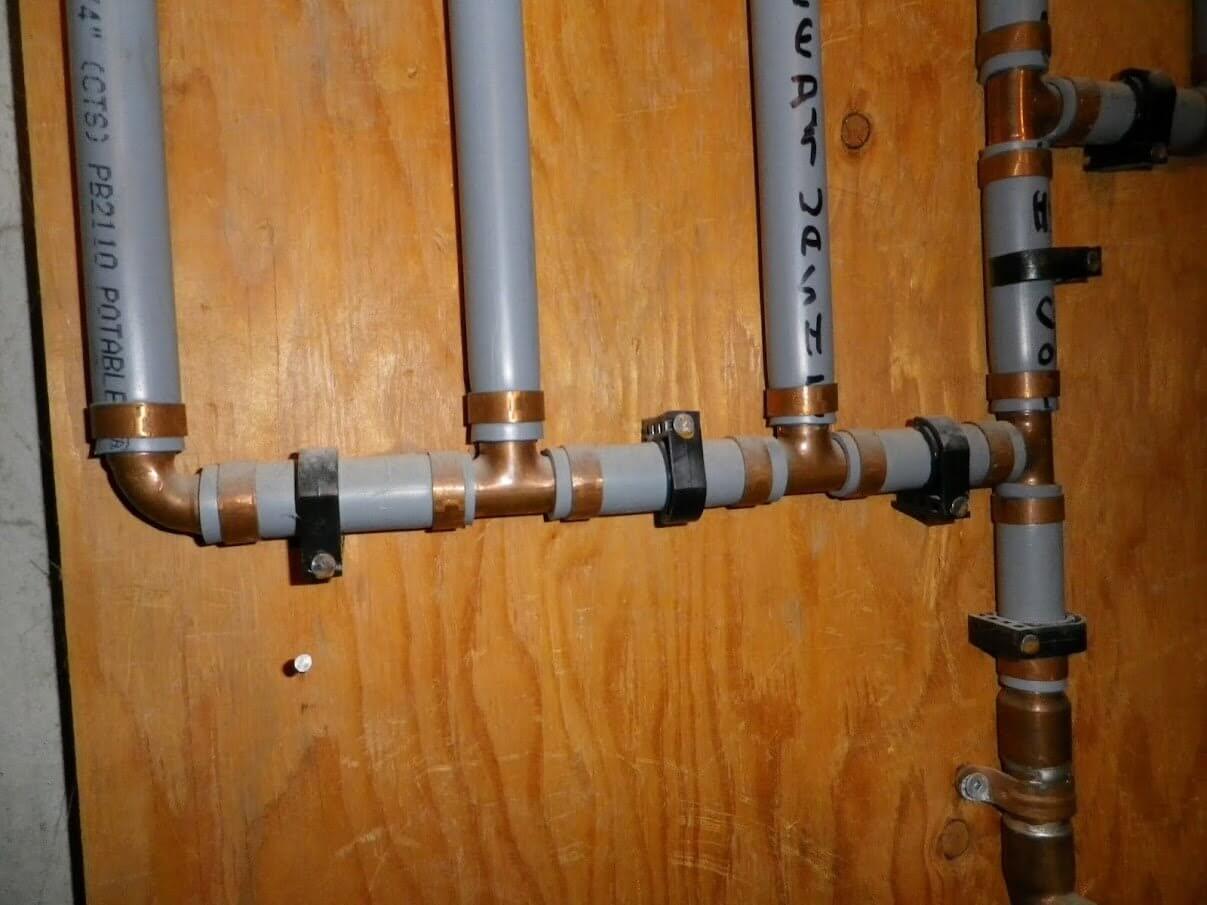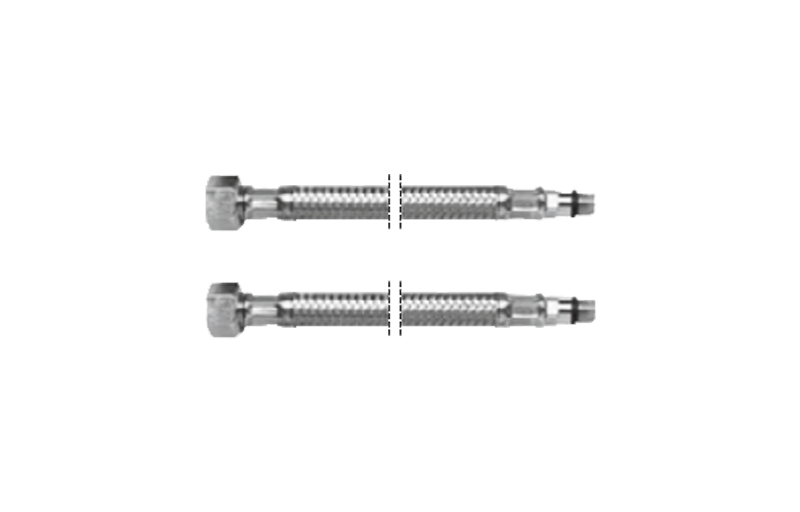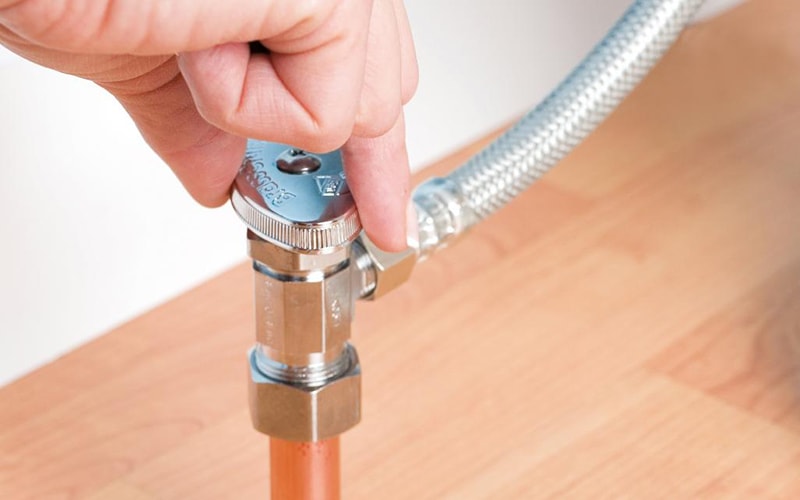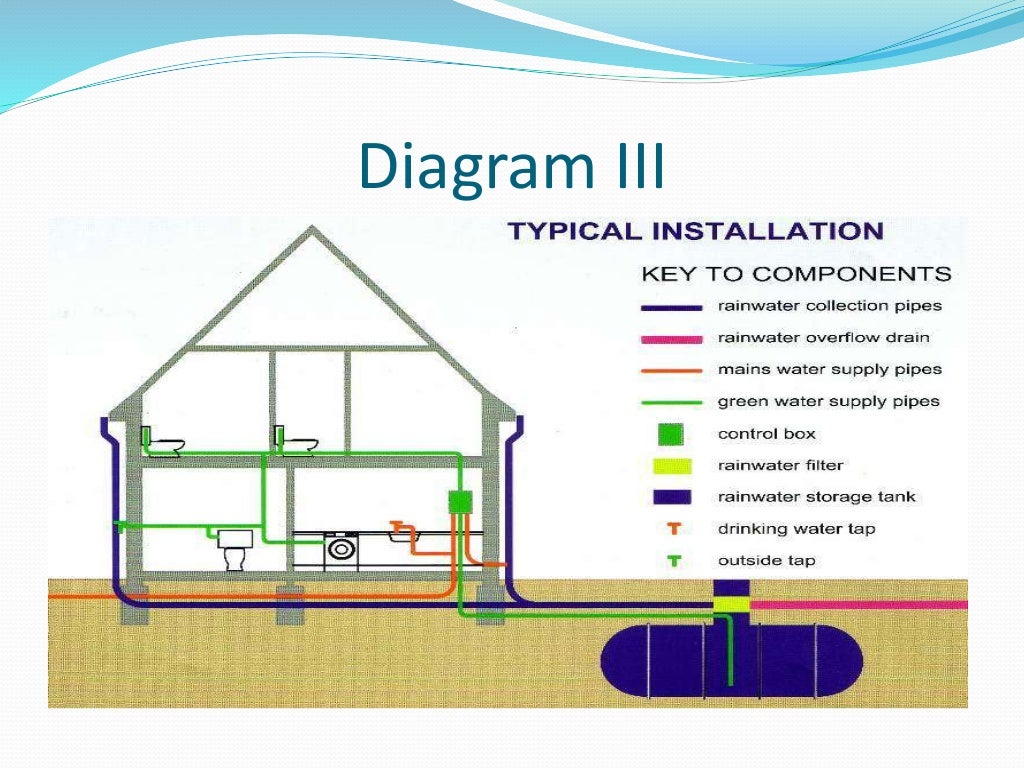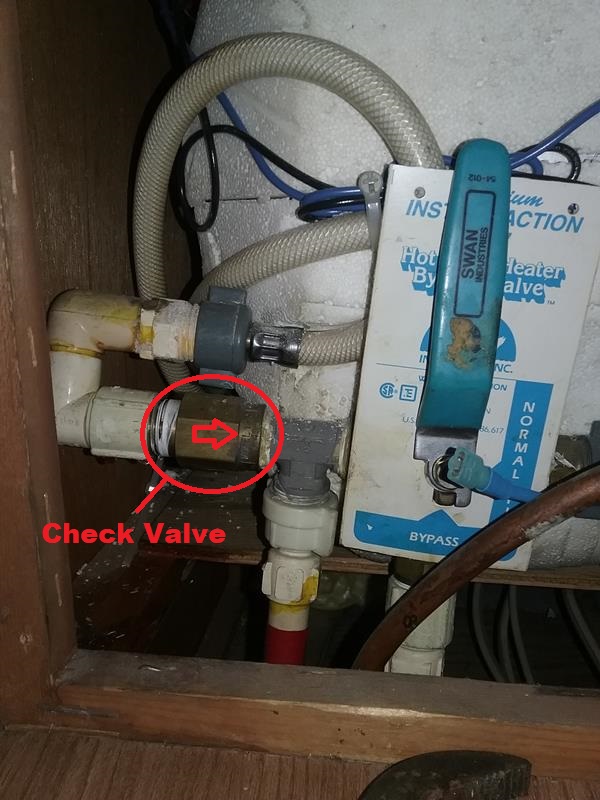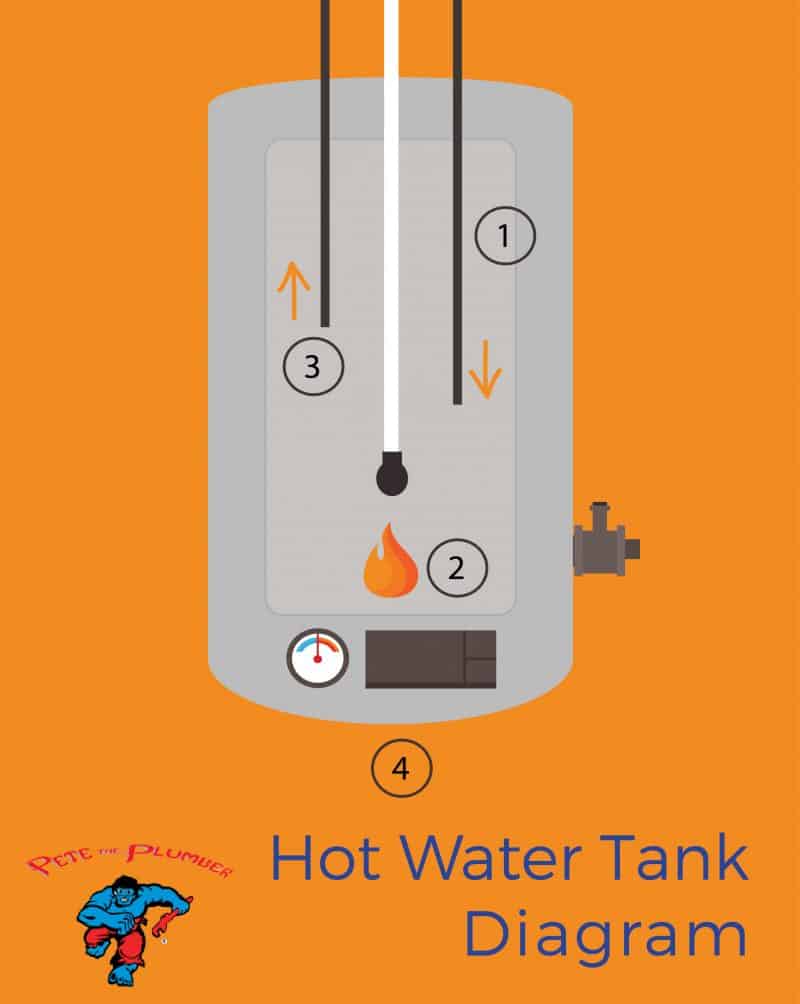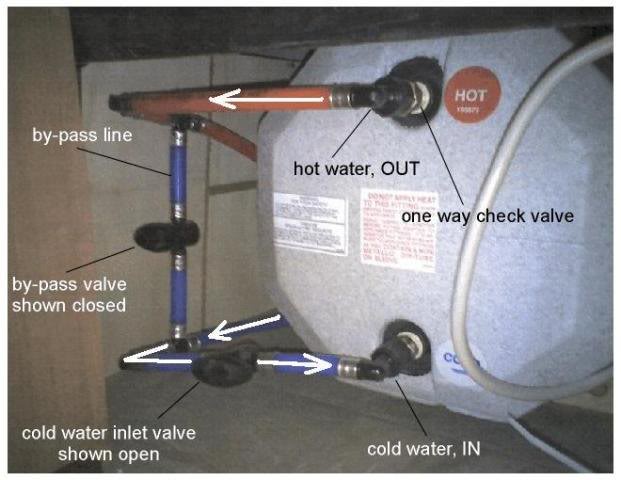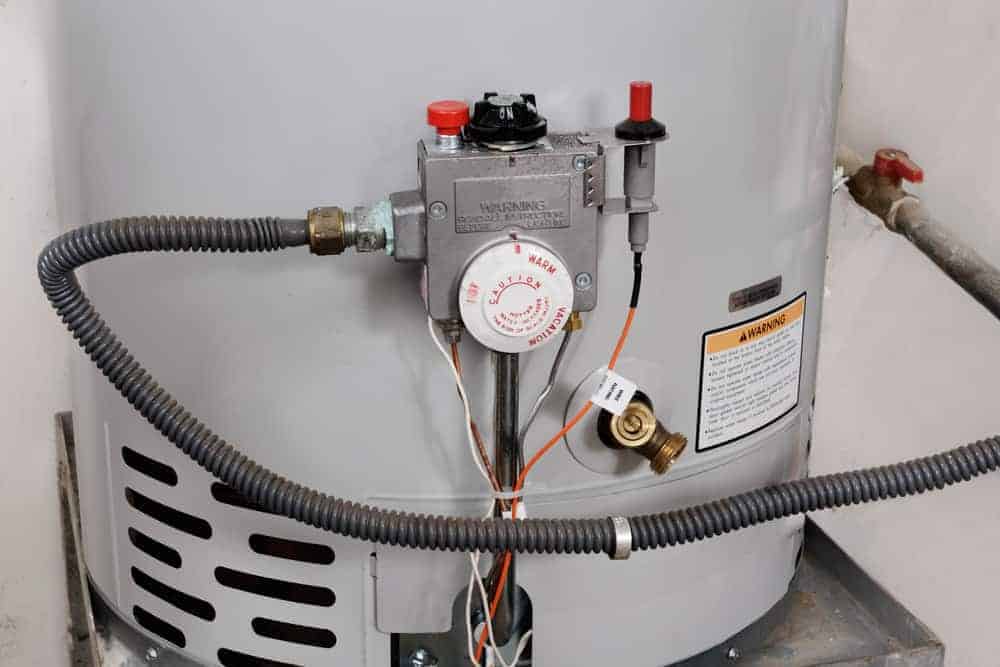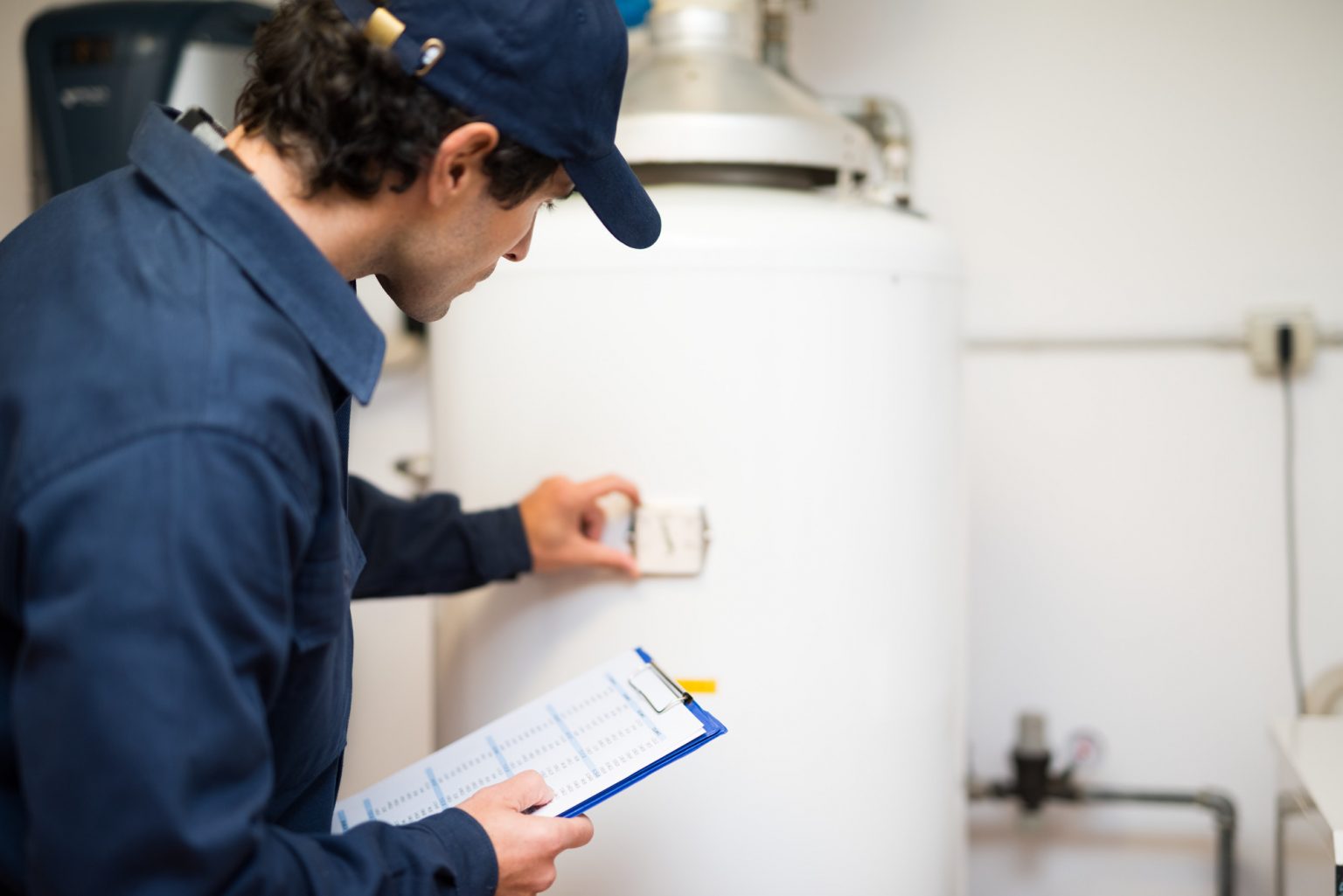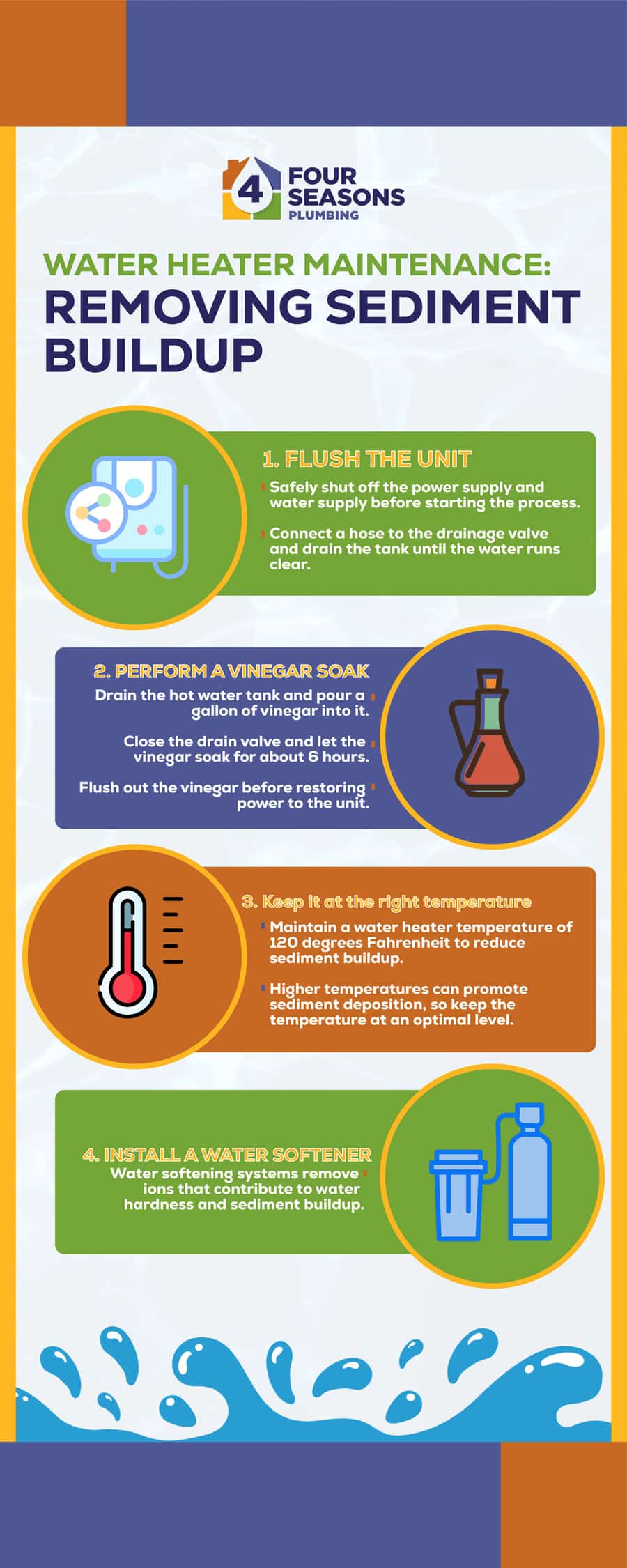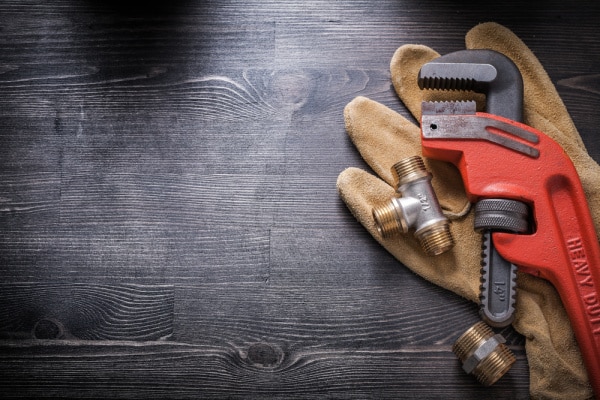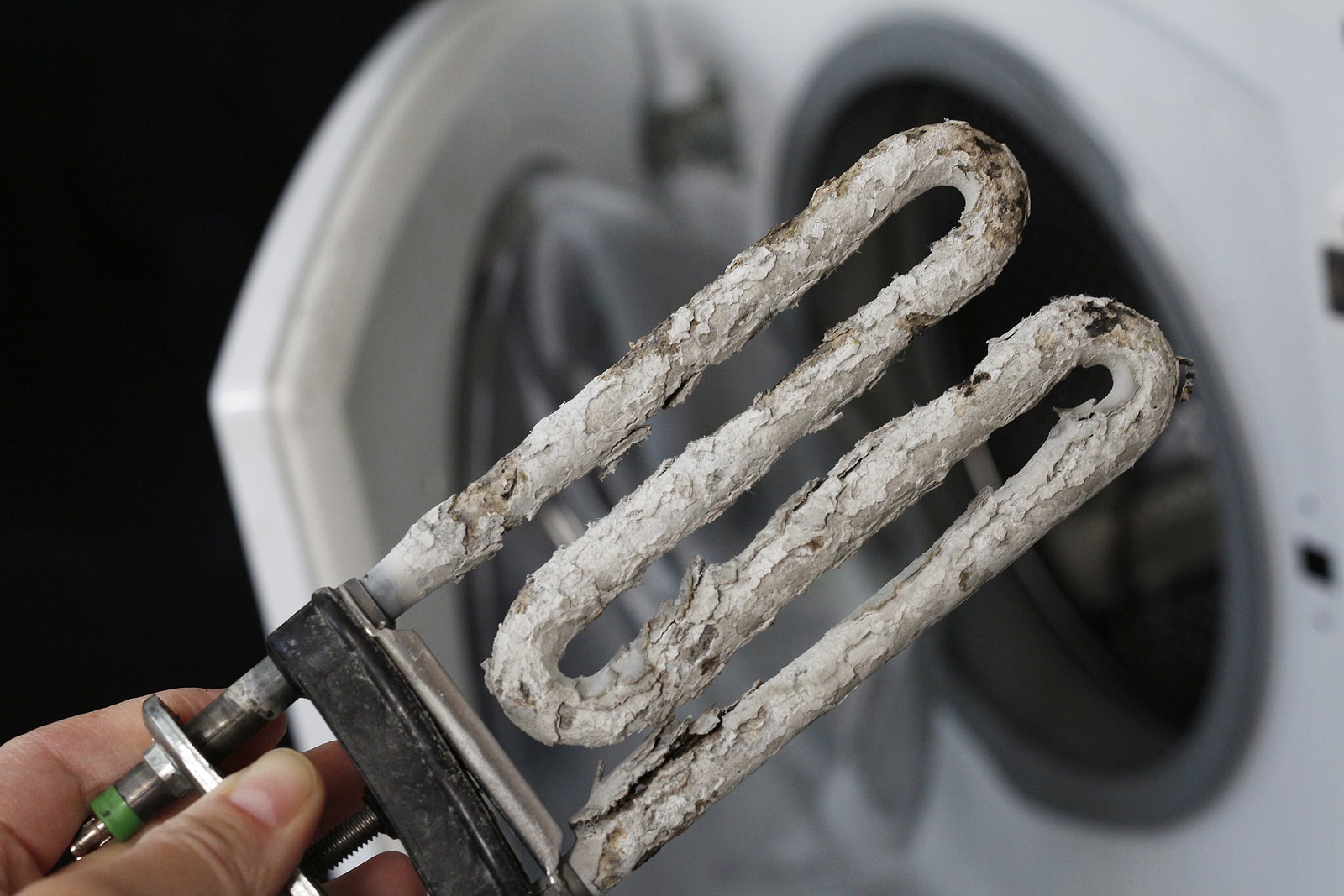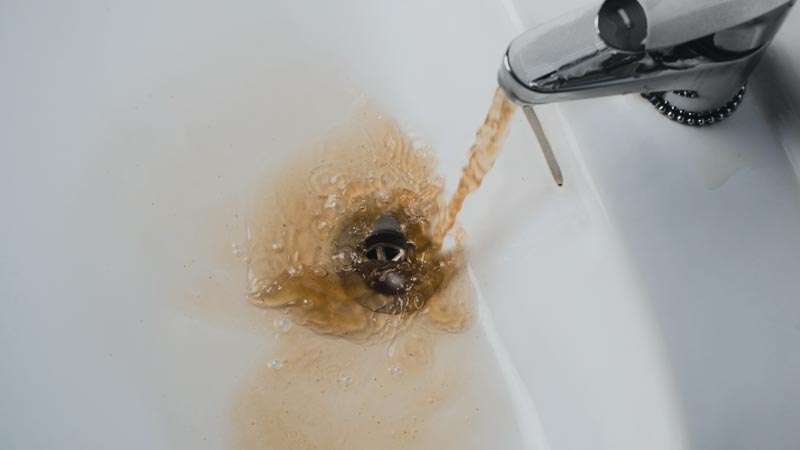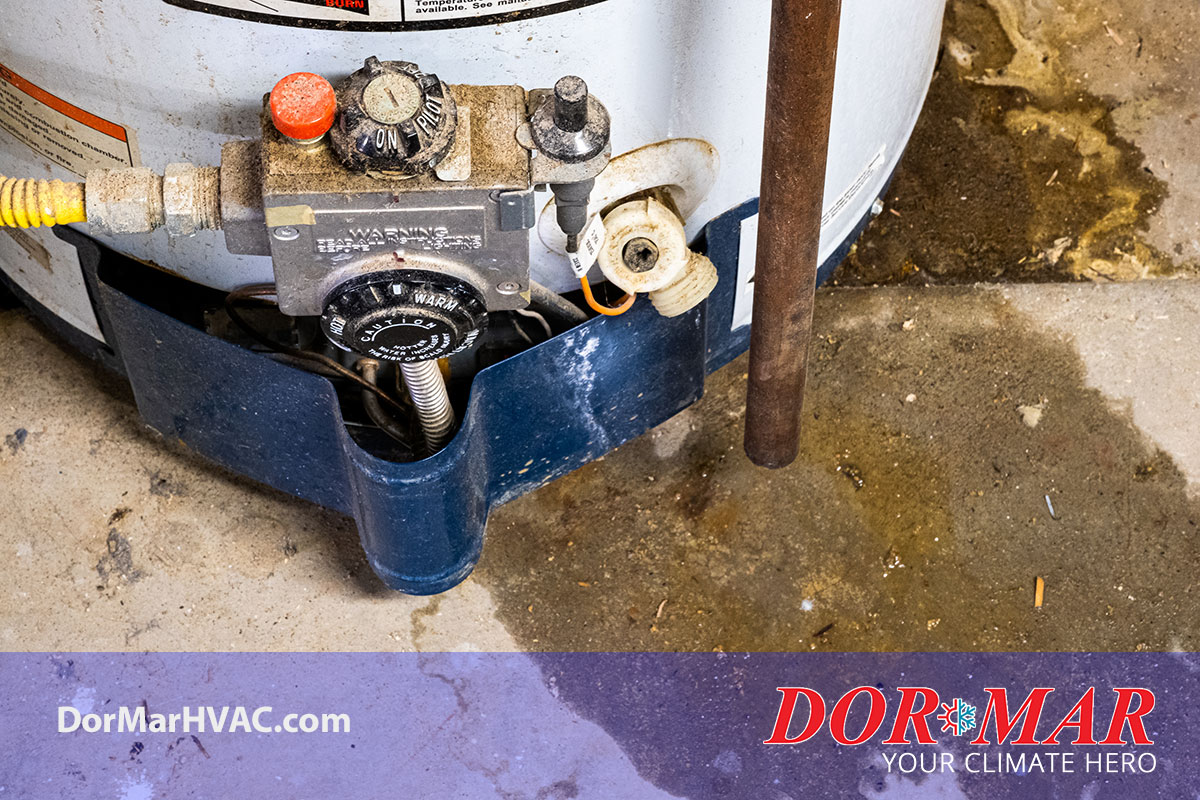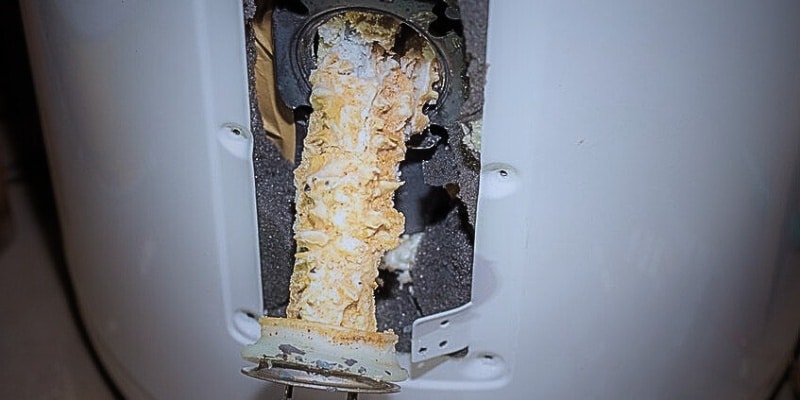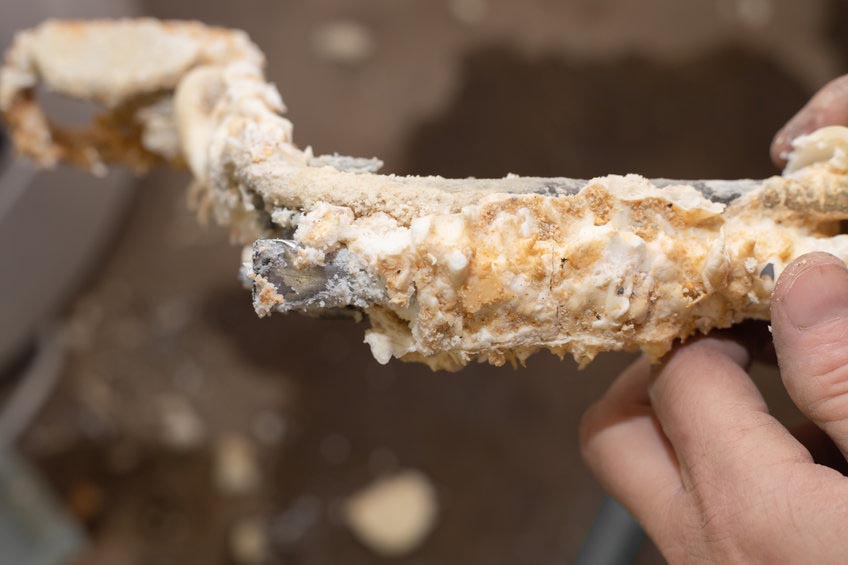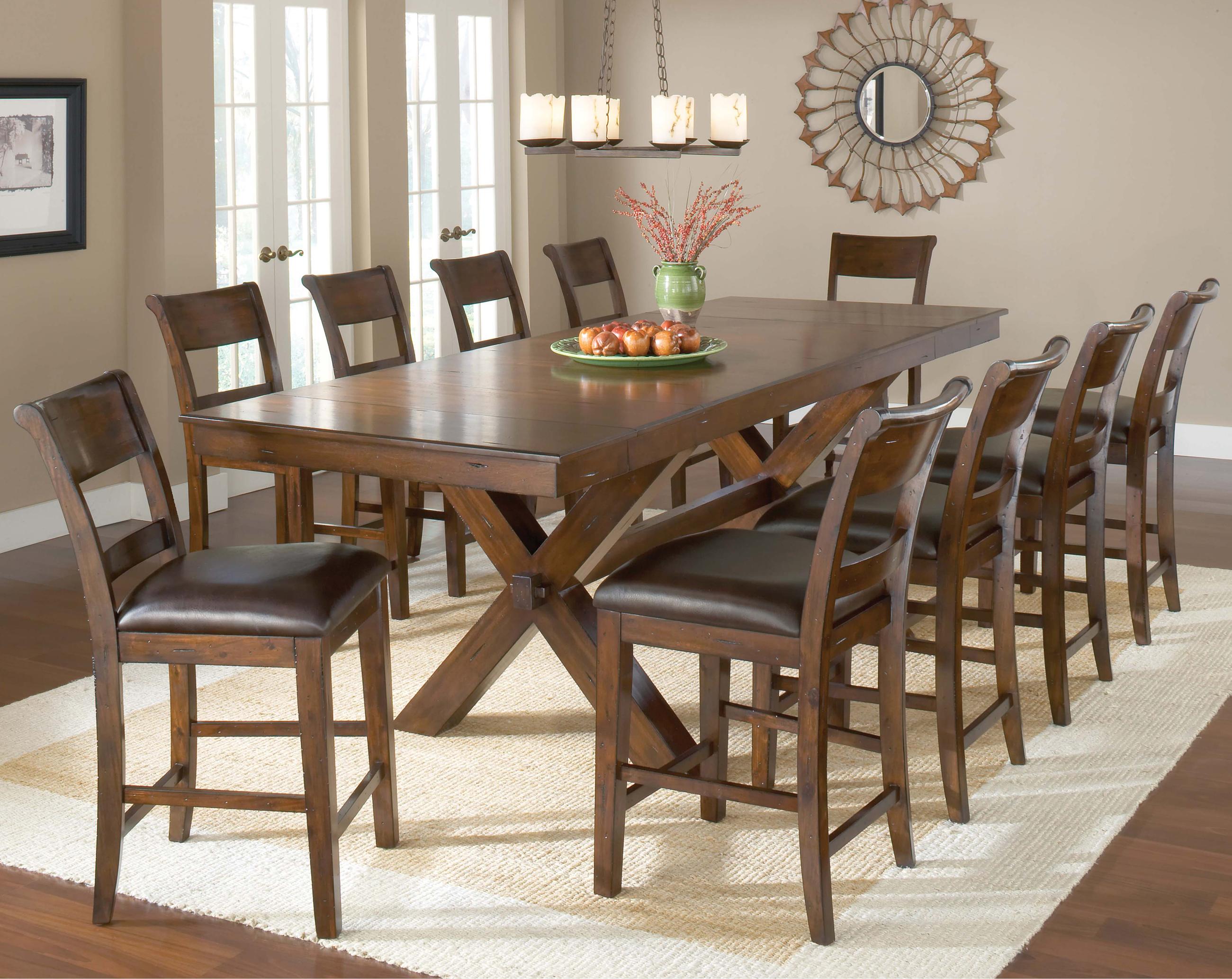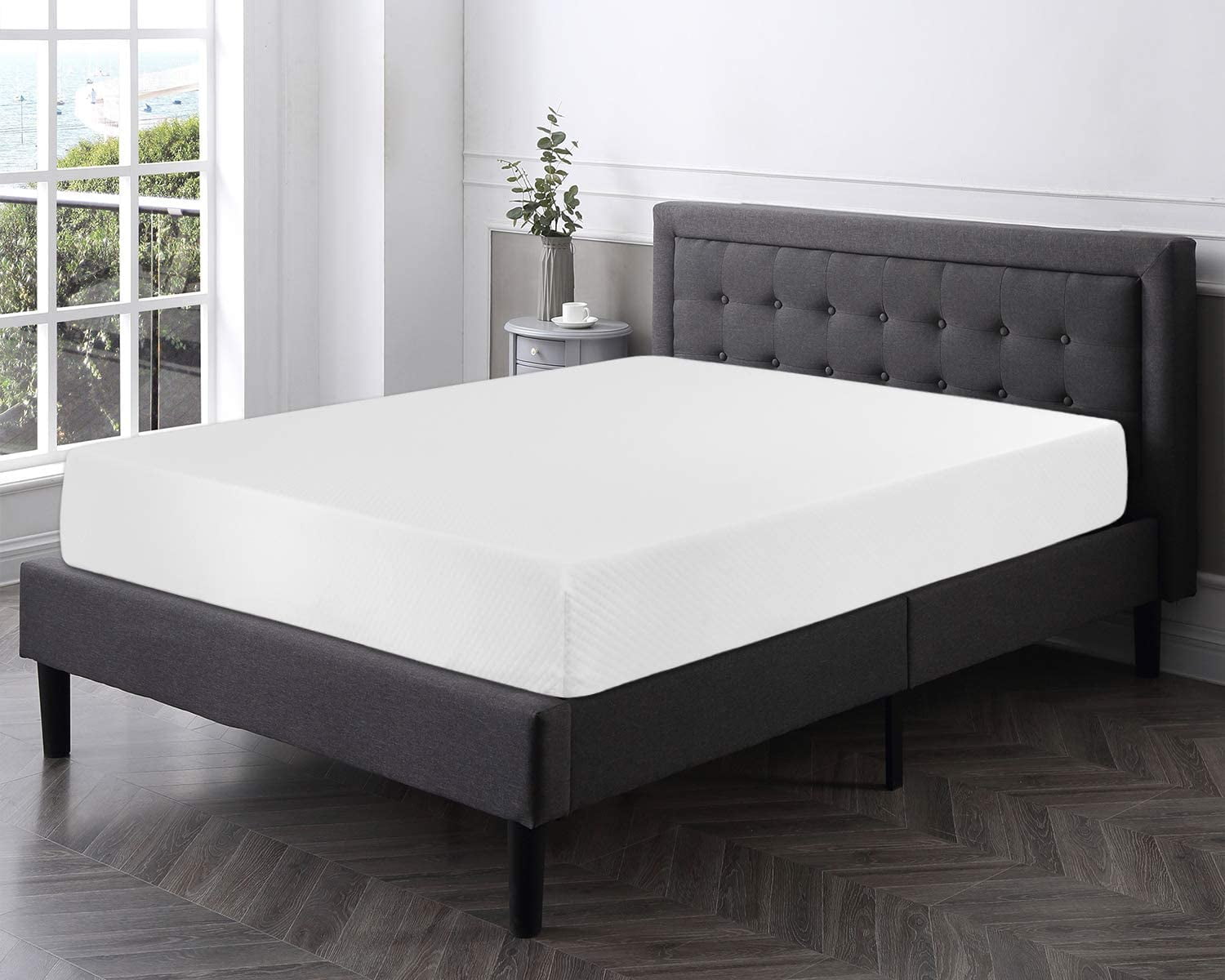If you're experiencing low water pressure in your kitchen sink hot water, the first thing you should check is the aerator. This small mesh screen is attached to the end of the faucet and can easily become clogged with debris and mineral deposits. Simply unscrew the aerator and clean it with a brush and some vinegar to remove any buildup. This should improve the water flow in your sink.Check the aerator
Another common cause of low water pressure in the kitchen sink is a partially closed shut-off valve. This valve is usually located under the sink and controls the flow of water to the faucet. Make sure the valve is fully open and not obstructed by any objects. If the valve is damaged or worn, it may need to be replaced.Check the shut-off valves
If the water pressure is low only in the hot water of your kitchen sink, the problem could lie with your water heater. Check the temperature setting on the heater to make sure it's not set too low. You should also check for any leaks or sediment buildup in the tank, as this can affect the water pressure. If you notice any issues, it's best to call a professional to service your water heater.Check the water heater
Some homes have a water pressure regulator installed to control and maintain the water pressure in the plumbing system. If this regulator is set too low, it can result in low water pressure in your kitchen sink. Locate the regulator and adjust it to a higher setting if needed. If the regulator is damaged, it will need to be replaced.Check the water pressure regulator
Clogs in the pipes can also cause low water pressure in your kitchen sink. This can be caused by a buildup of food particles, grease, or other debris. Using a plunger or drain cleaner can help to clear out any clogs and improve water flow. If the clog is deeper in the pipes, it's best to call a plumber for assistance.Check for clogs in the pipes
Leaks in the pipes can also be a culprit for low water pressure. Even a small leak can reduce the amount of water flowing through your kitchen sink. Inspect the pipes under the sink for any visible leaks and repair them as soon as possible. If the leak is not visible, it's best to call a plumber to locate and fix the issue.Check for leaks in the pipes
The water supply line is responsible for delivering water to your kitchen sink. If this line is damaged or blocked, it can result in low water pressure. Check the line for any kinks or obstructions and make sure it is not damaged. If you notice any issues, it's best to call a professional to repair or replace the water supply line.Check the water supply line
Similar to the shut-off valve, the hot water valve controls the flow of hot water to your kitchen sink. If this valve is partially closed or damaged, it can result in low water pressure. Make sure the valve is fully open and functioning properly. If not, it may need to be replaced.Check the hot water valve
As mentioned earlier, the temperature setting on your hot water heater can affect the water pressure in your kitchen sink. If the temperature is set too low, the water may not be heated enough to create adequate pressure. Adjust the temperature accordingly and check if it makes a difference in the water pressure.Check the hot water heater temperature
Sediment buildup in the hot water tank can also contribute to low water pressure in your kitchen sink. Over time, minerals and debris can settle at the bottom of the tank and affect the flow of water. Flushing the tank regularly can help to prevent this issue. If the buildup is significant, it's best to call a professional to clean the tank.Check for sediment buildup in the hot water tank
The Importance of Proper Water Pressure in Your Kitchen Sink

The Frustration of Low Water Pressure
 Low water pressure in your kitchen sink's hot water
can be a major headache for homeowners. It can make simple tasks like washing dishes or filling up a pot of water for cooking seem like an endless chore. Not to mention, it can also affect the performance of your dishwasher and washing machine. This issue is not only inconvenient but can also be a sign of underlying problems in your plumbing system.
Low water pressure in your kitchen sink's hot water
can be a major headache for homeowners. It can make simple tasks like washing dishes or filling up a pot of water for cooking seem like an endless chore. Not to mention, it can also affect the performance of your dishwasher and washing machine. This issue is not only inconvenient but can also be a sign of underlying problems in your plumbing system.
Possible Causes of Low Water Pressure
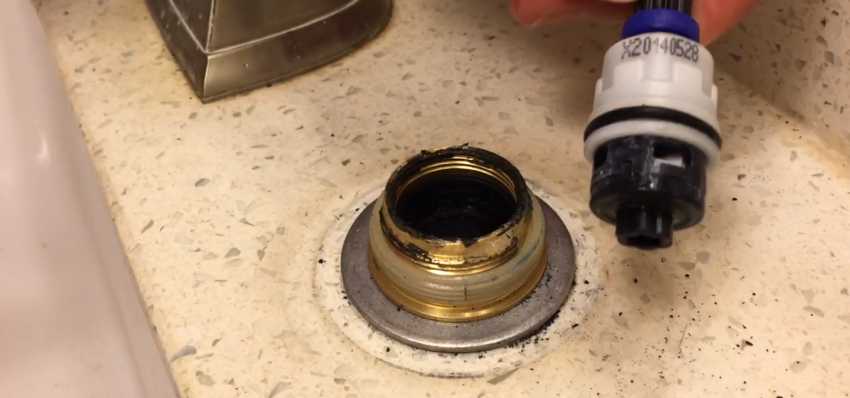 There are various reasons why you may be experiencing low water pressure in your kitchen sink's hot water. One common cause is a buildup of mineral deposits or sediments in the pipes, which can restrict the flow of water. Another potential issue could be a clogged aerator on your faucet, which can easily be cleaned or replaced. Additionally, if you have an older home, the pipes may have corrosion or damage, causing a decrease in water pressure.
There are various reasons why you may be experiencing low water pressure in your kitchen sink's hot water. One common cause is a buildup of mineral deposits or sediments in the pipes, which can restrict the flow of water. Another potential issue could be a clogged aerator on your faucet, which can easily be cleaned or replaced. Additionally, if you have an older home, the pipes may have corrosion or damage, causing a decrease in water pressure.
The Impact on Your House Design
 Proper water pressure is an essential aspect of a well-designed house. Not only does it make everyday tasks easier, but it also plays a role in the overall functionality and efficiency of your home. Low water pressure can negatively impact the performance of appliances and fixtures, causing them to work harder and potentially leading to costly repairs down the line. It can also affect the resale value of your home, as it is a common issue that potential buyers may be wary of.
Proper water pressure is an essential aspect of a well-designed house. Not only does it make everyday tasks easier, but it also plays a role in the overall functionality and efficiency of your home. Low water pressure can negatively impact the performance of appliances and fixtures, causing them to work harder and potentially leading to costly repairs down the line. It can also affect the resale value of your home, as it is a common issue that potential buyers may be wary of.
Solutions for Low Water Pressure
 If you are experiencing low water pressure in your kitchen sink's hot water, there are a few steps you can take to address the issue. First, try cleaning or replacing the aerator on your faucet. If that doesn't work, you may need to call a professional plumber to inspect your pipes and determine if there is any damage or buildup. In some cases, installing a water pressure booster or upgrading to a larger water line may be necessary to improve the water pressure in your home.
If you are experiencing low water pressure in your kitchen sink's hot water, there are a few steps you can take to address the issue. First, try cleaning or replacing the aerator on your faucet. If that doesn't work, you may need to call a professional plumber to inspect your pipes and determine if there is any damage or buildup. In some cases, installing a water pressure booster or upgrading to a larger water line may be necessary to improve the water pressure in your home.
In Conclusion
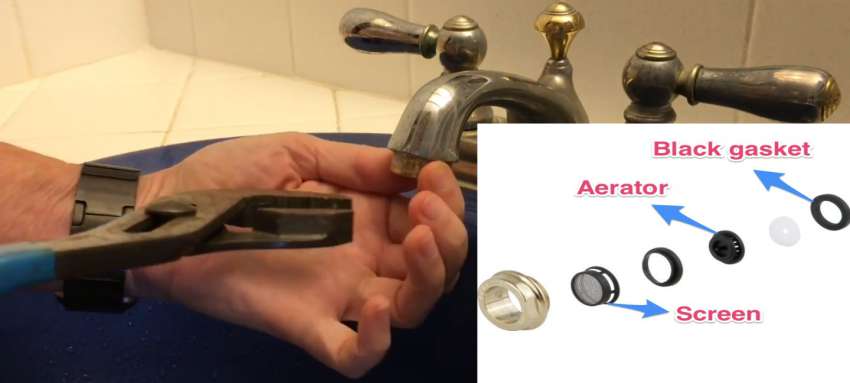 In conclusion,
proper water pressure in your kitchen sink's hot water
is crucial for the functionality and efficiency of your home. If you are experiencing low water pressure, it is important to address the issue promptly to avoid further complications. By understanding the possible causes and seeking professional help if needed, you can ensure that your house design is not hindered by this frustrating problem. Don't let low water pressure get in the way of your daily tasks and the overall value of your home.
In conclusion,
proper water pressure in your kitchen sink's hot water
is crucial for the functionality and efficiency of your home. If you are experiencing low water pressure, it is important to address the issue promptly to avoid further complications. By understanding the possible causes and seeking professional help if needed, you can ensure that your house design is not hindered by this frustrating problem. Don't let low water pressure get in the way of your daily tasks and the overall value of your home.



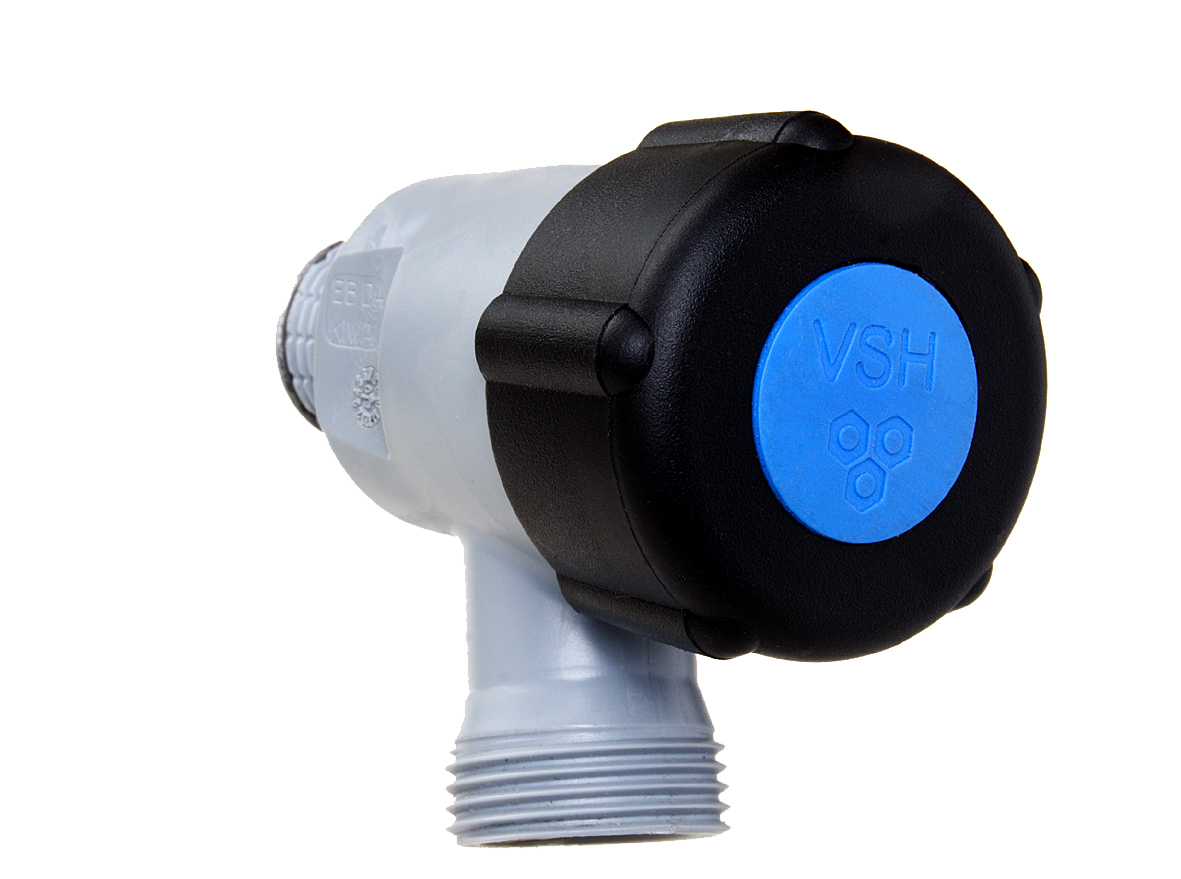







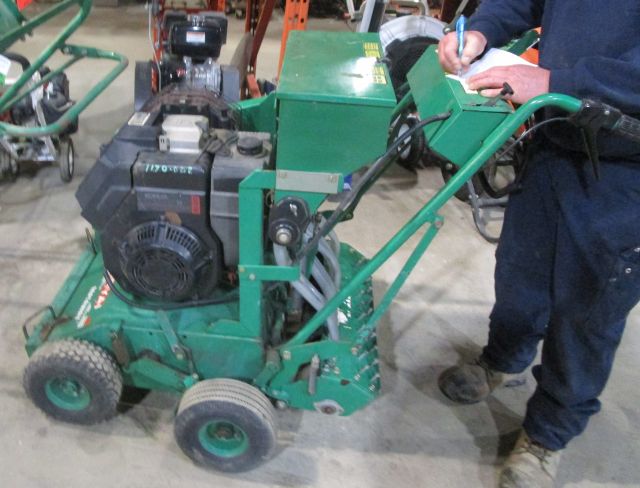

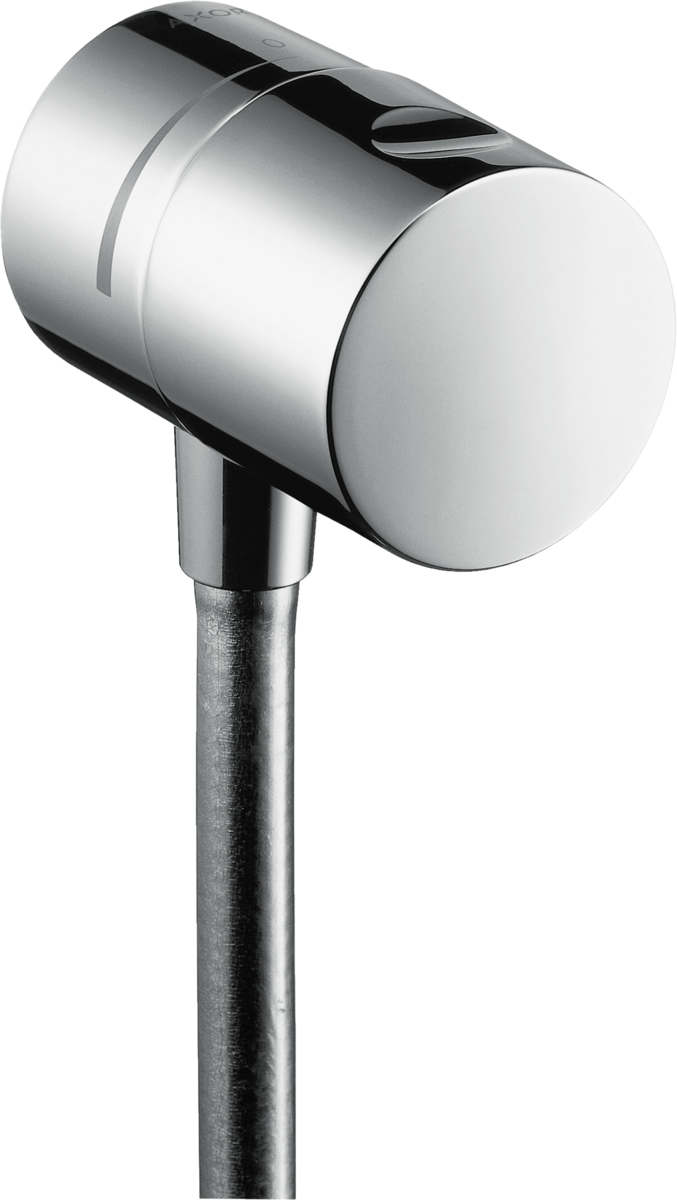

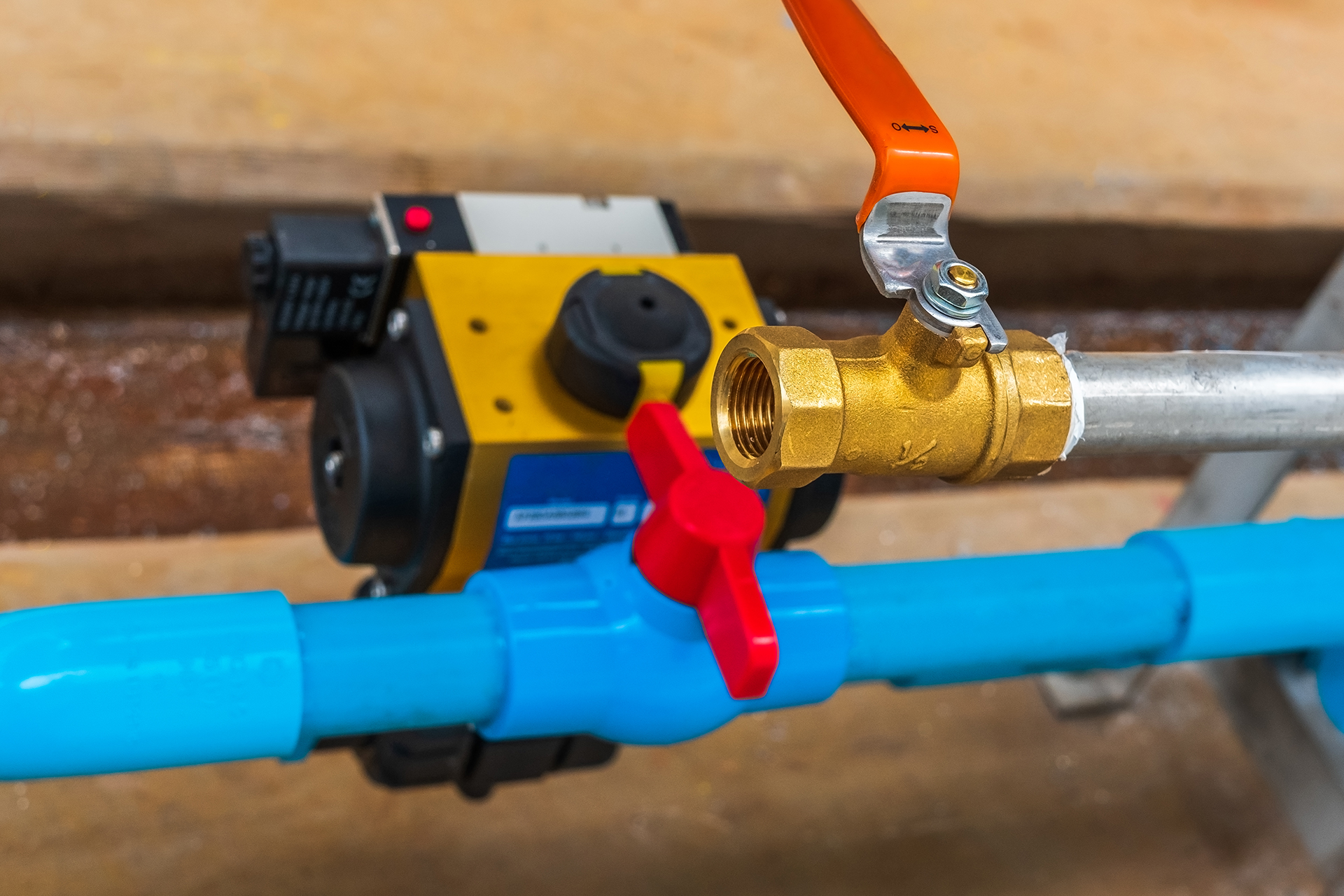
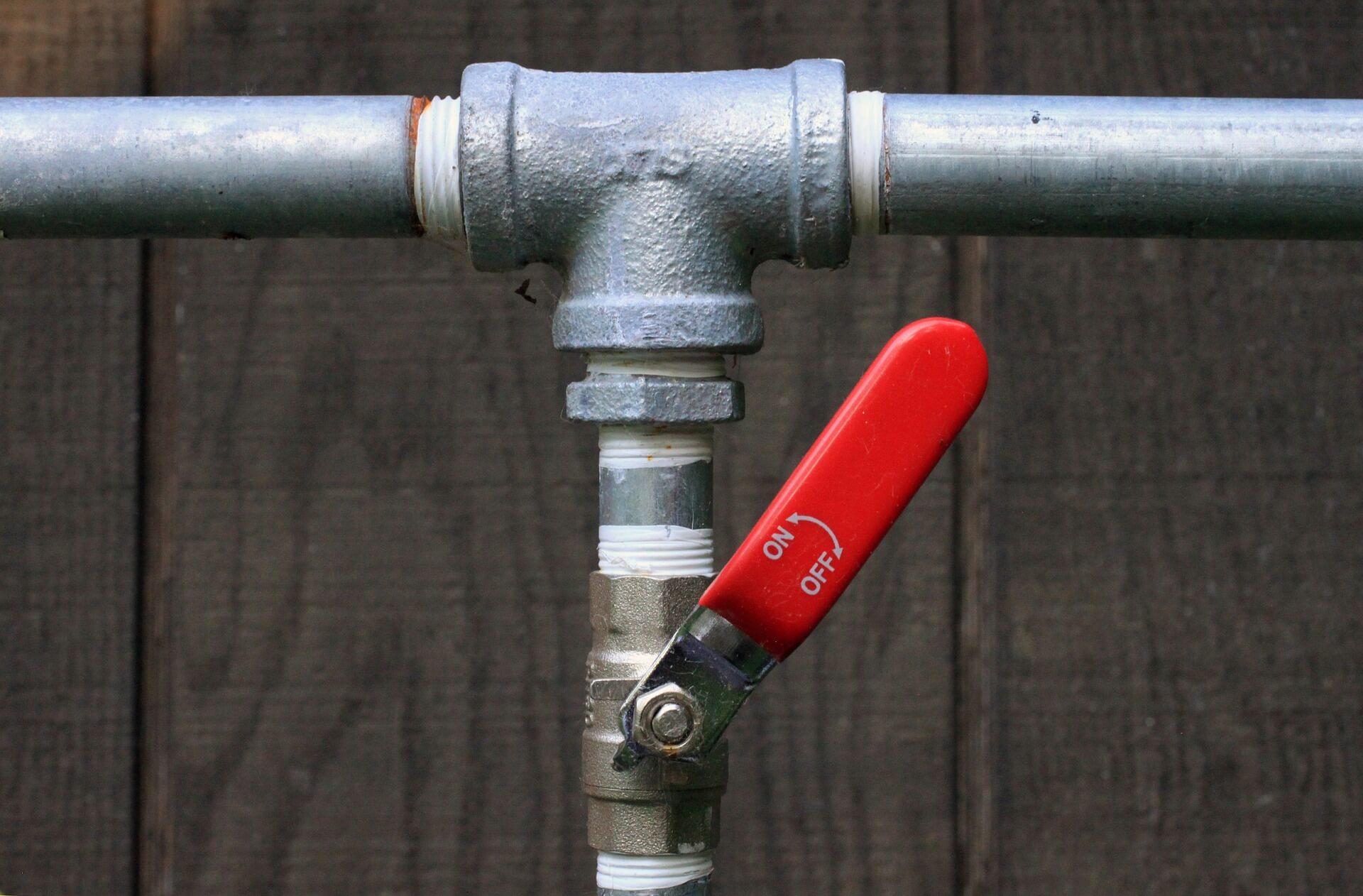

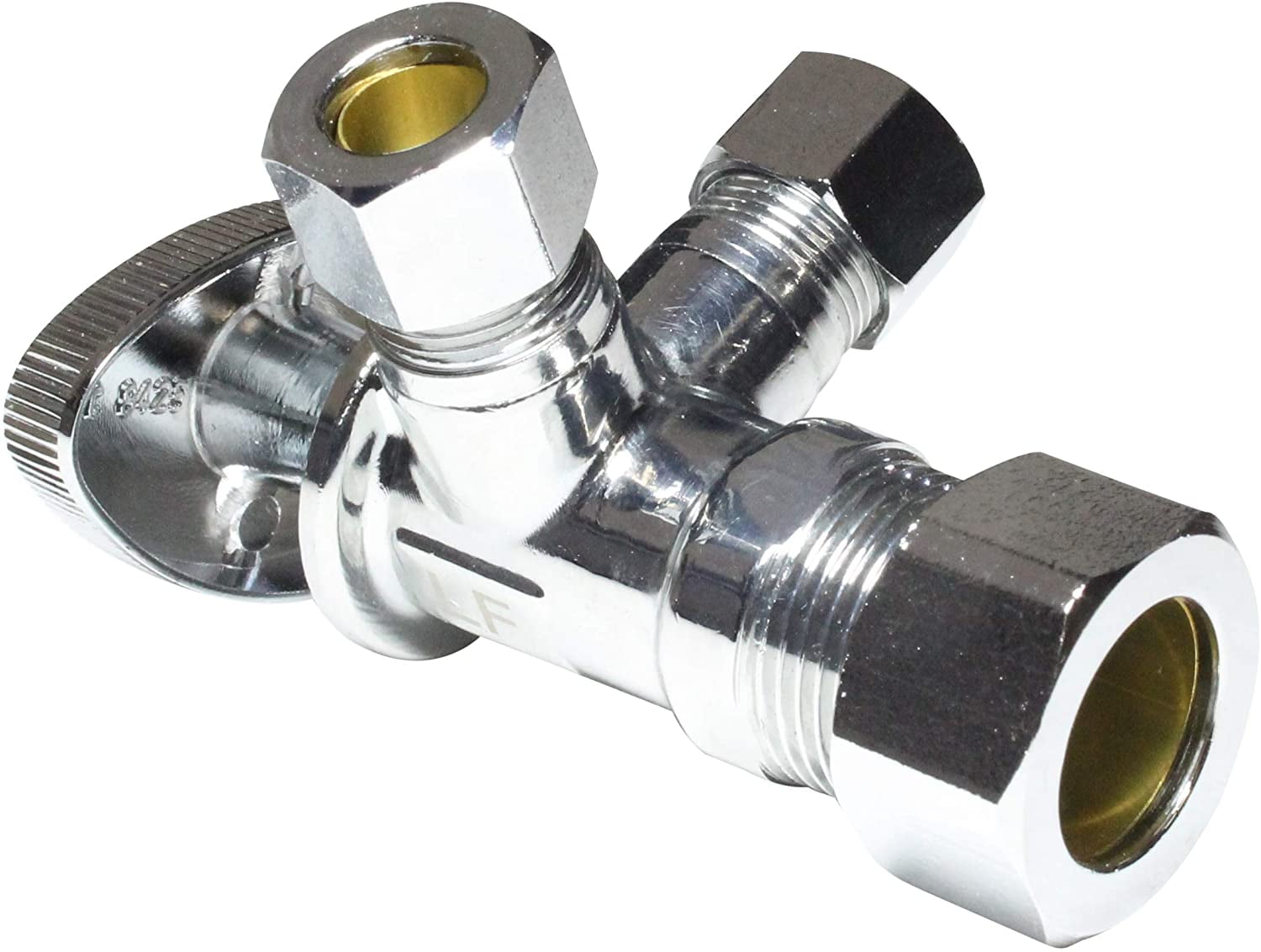




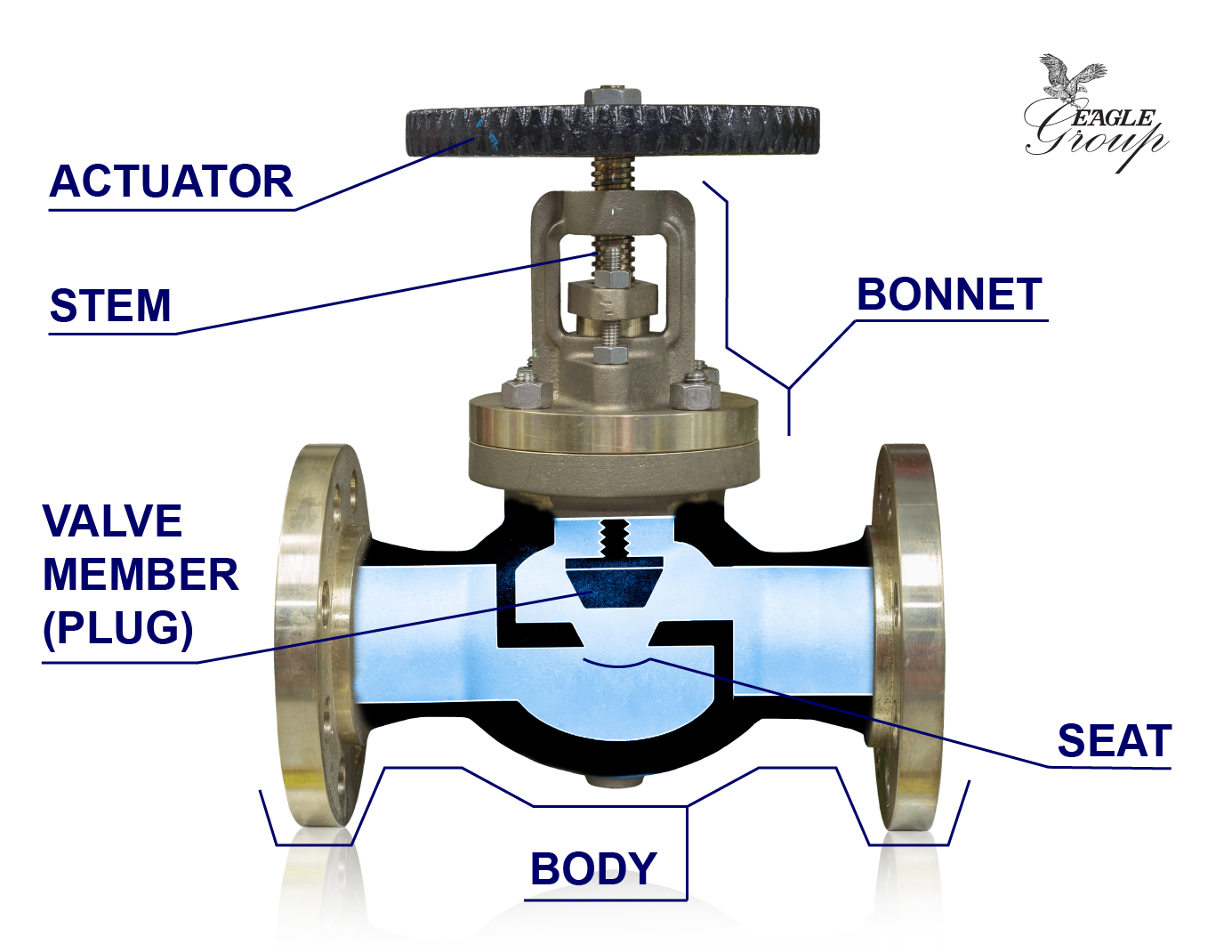
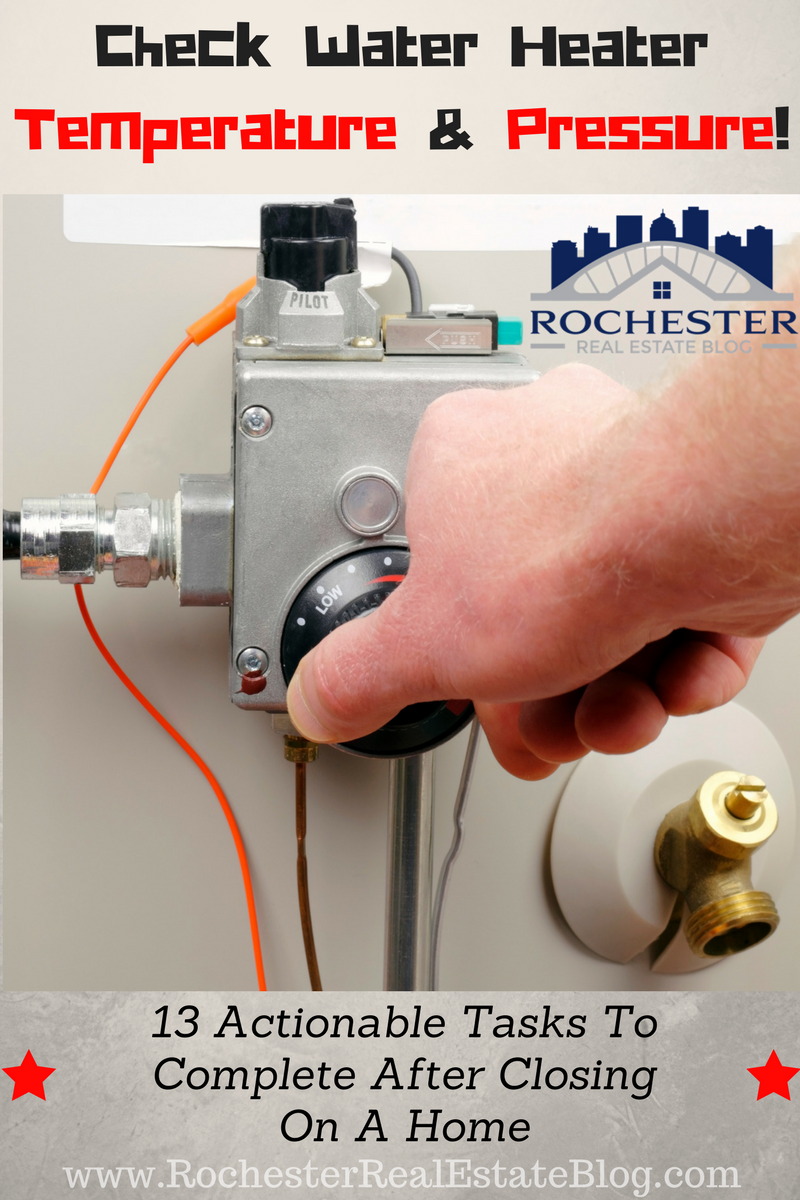
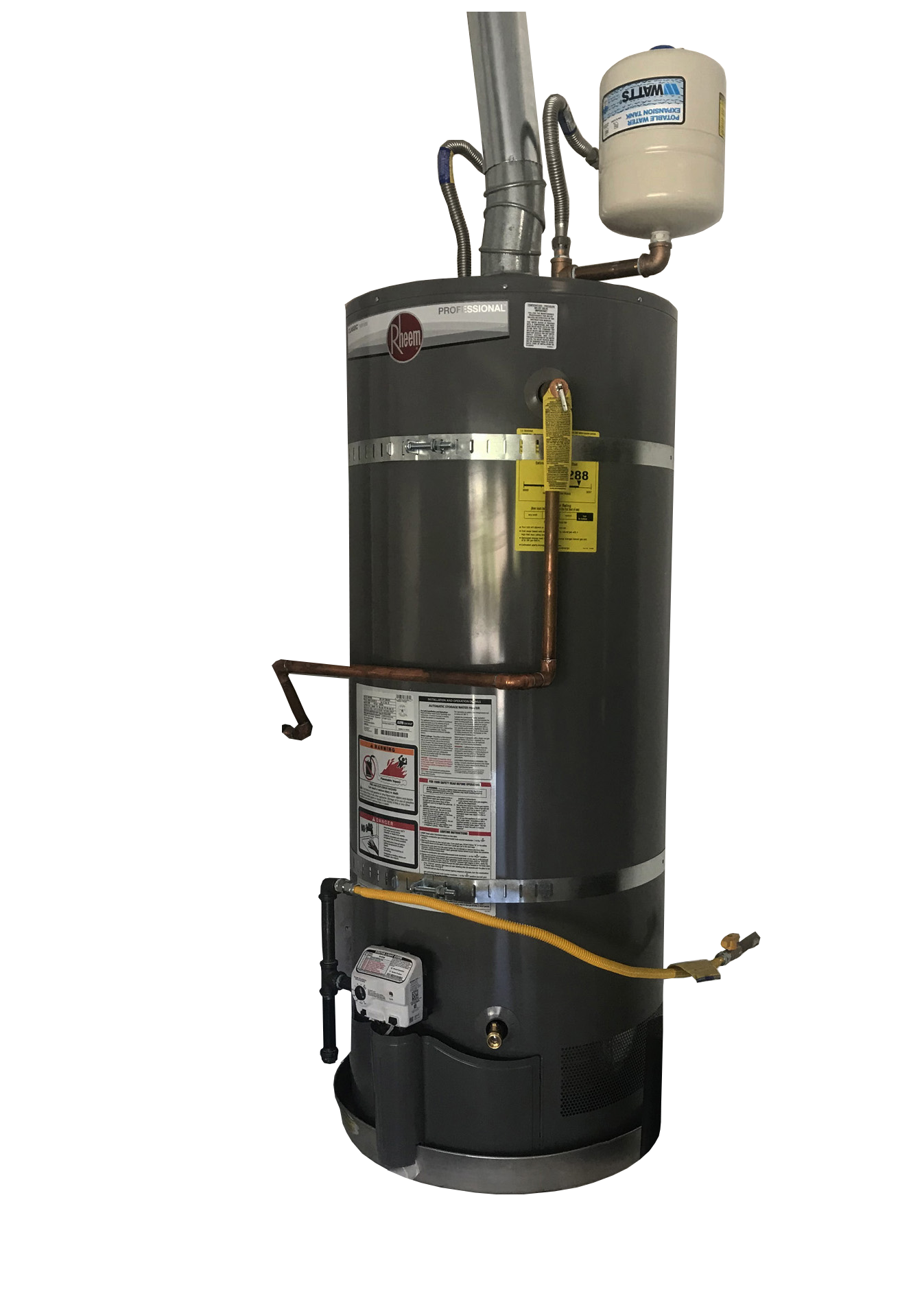



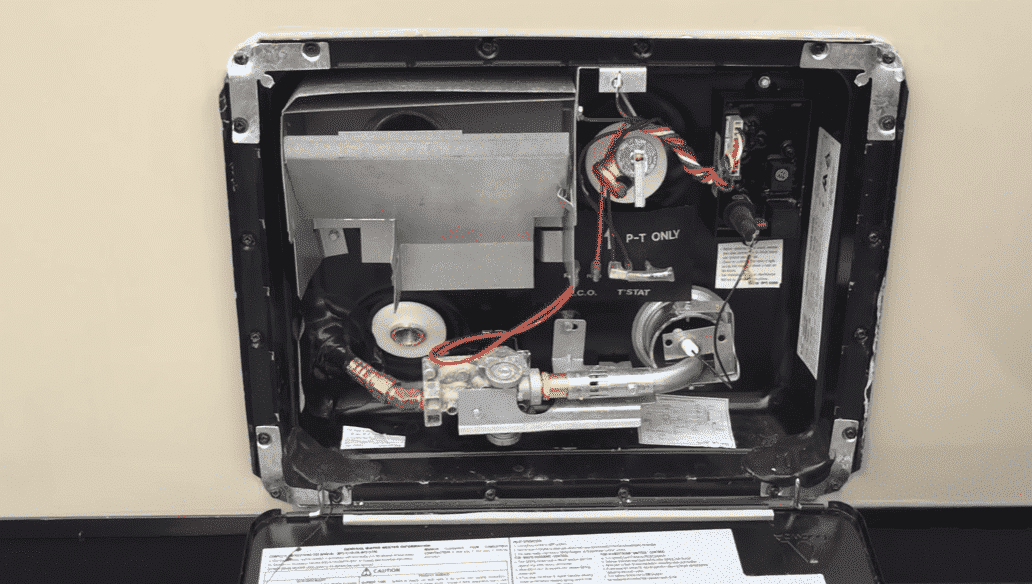
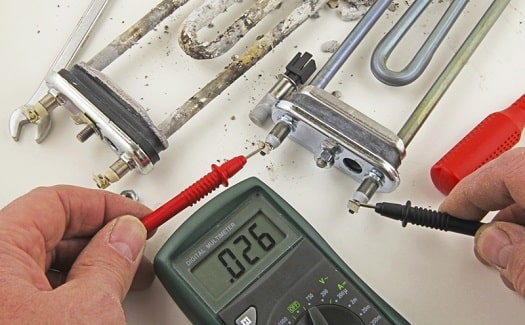

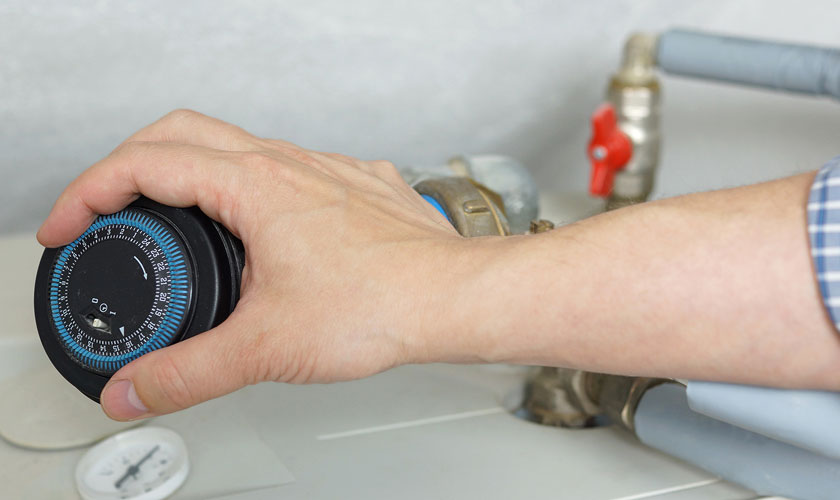
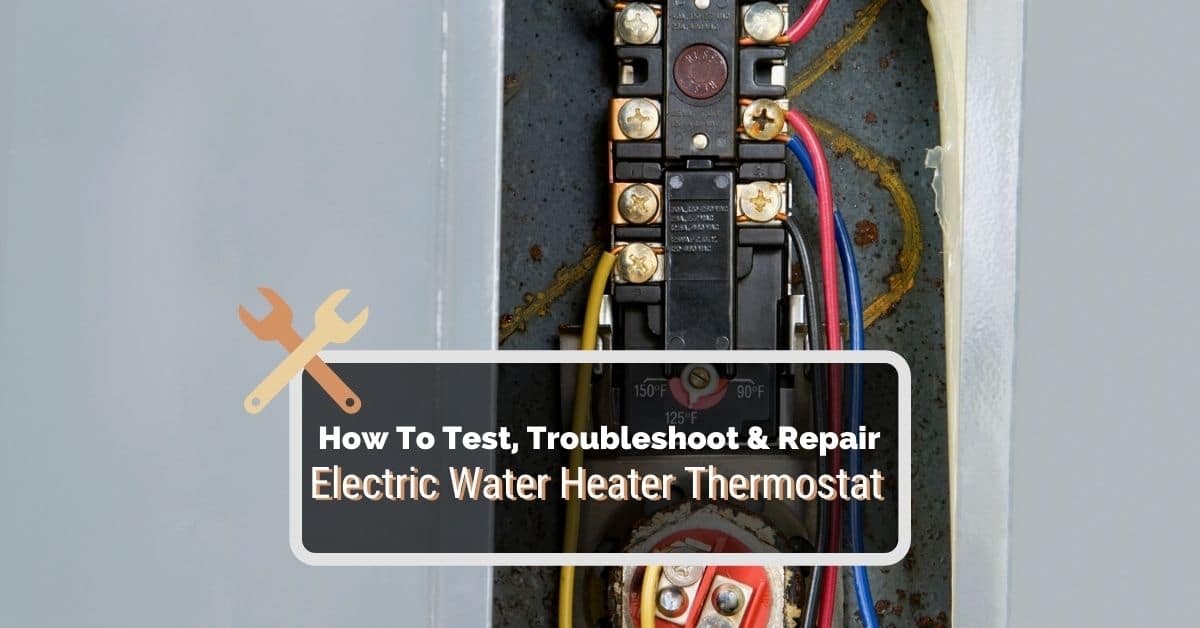
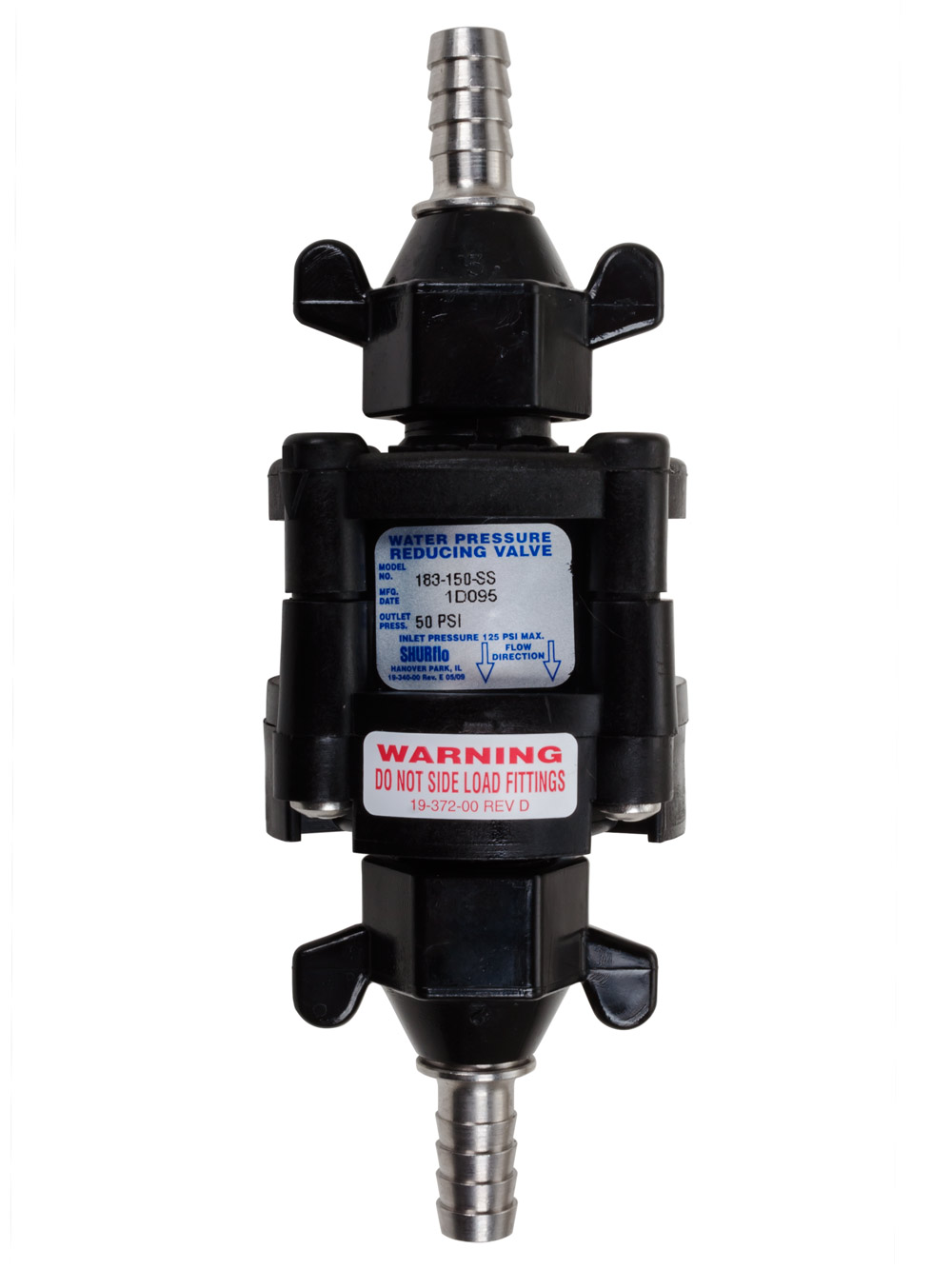


:max_bytes(150000):strip_icc()/the-men-s-hand-opens-the-ball-valve-on-the-collector-1006810456-5c5fc73fc9e77c000159c4af.jpg)


